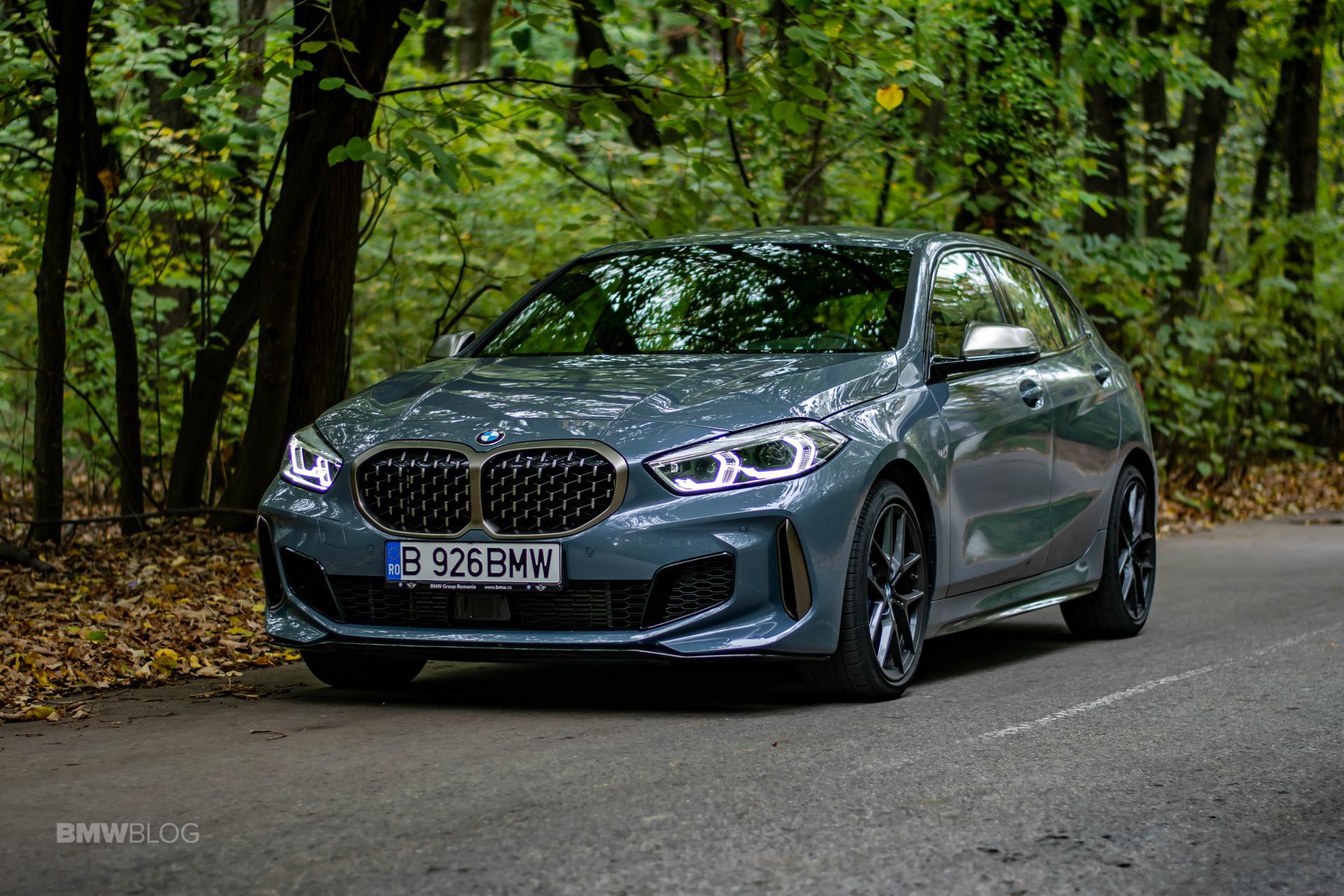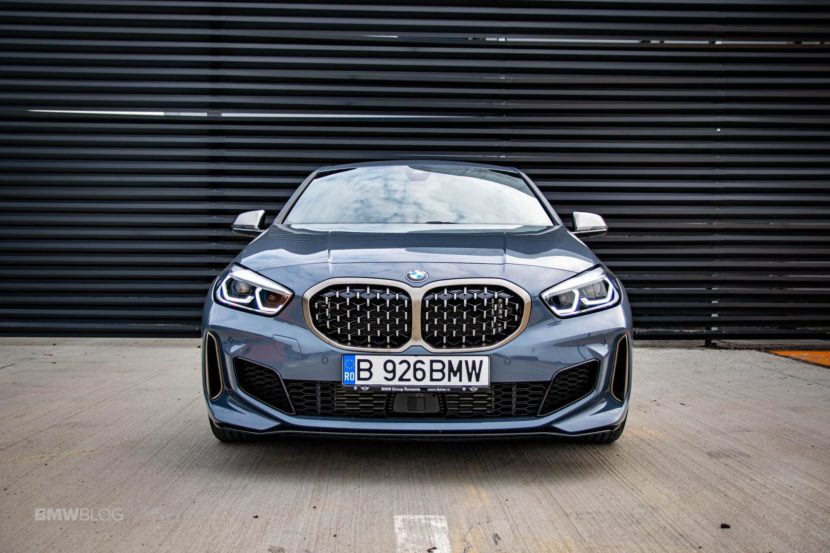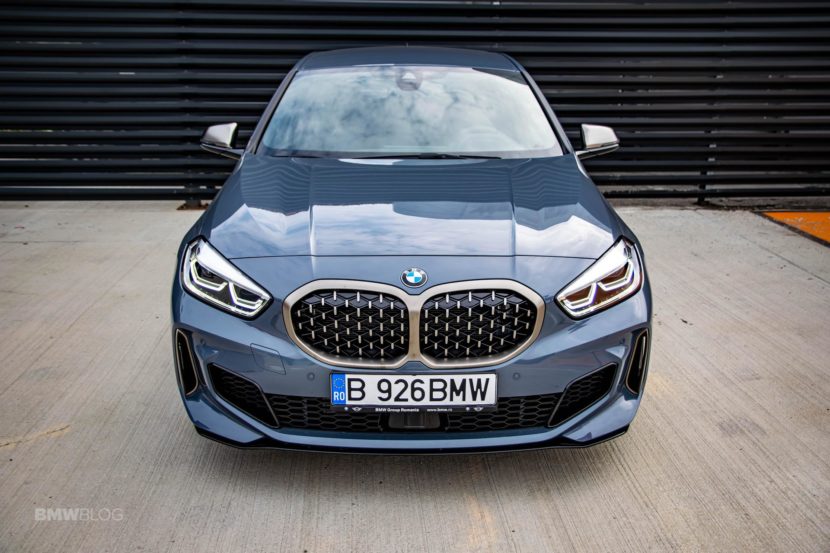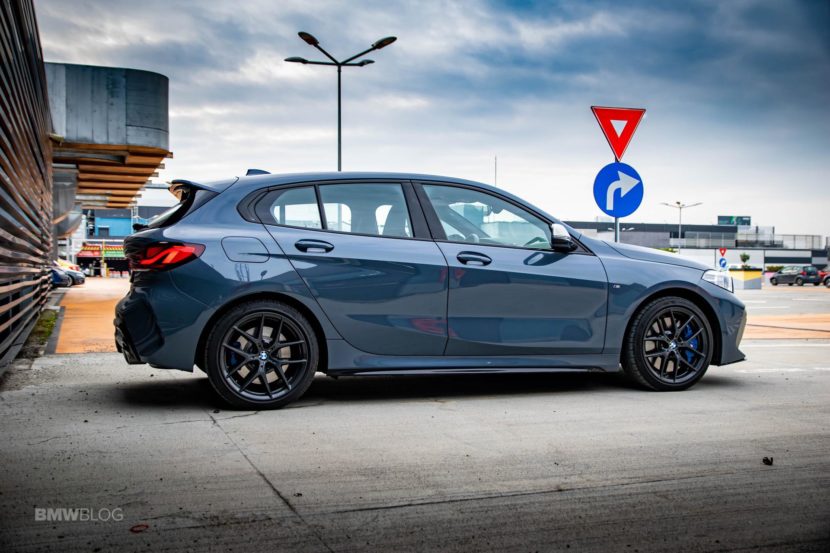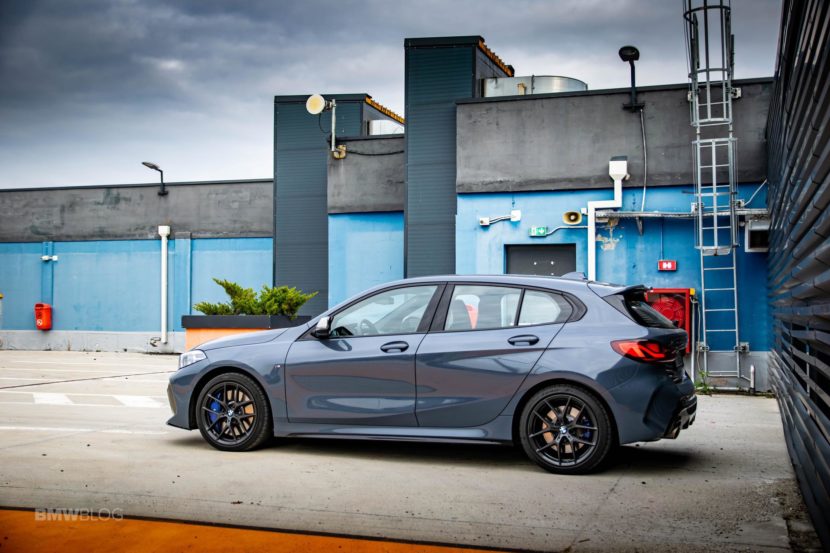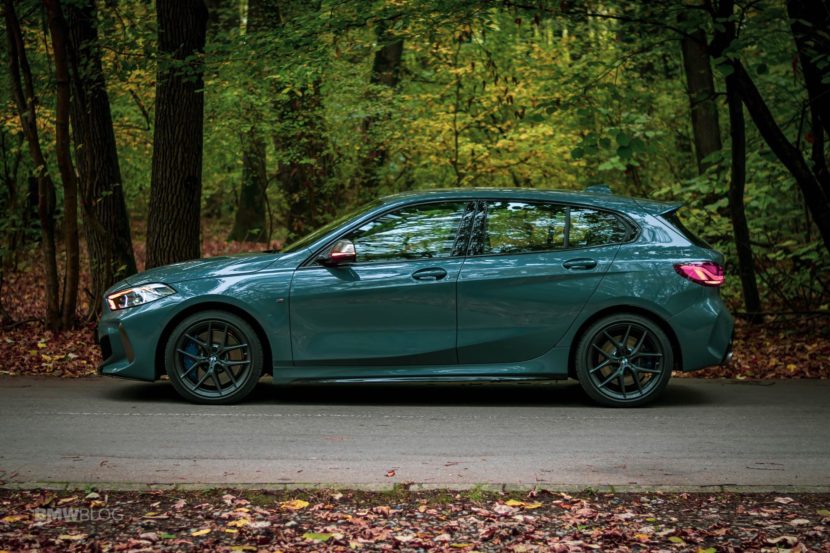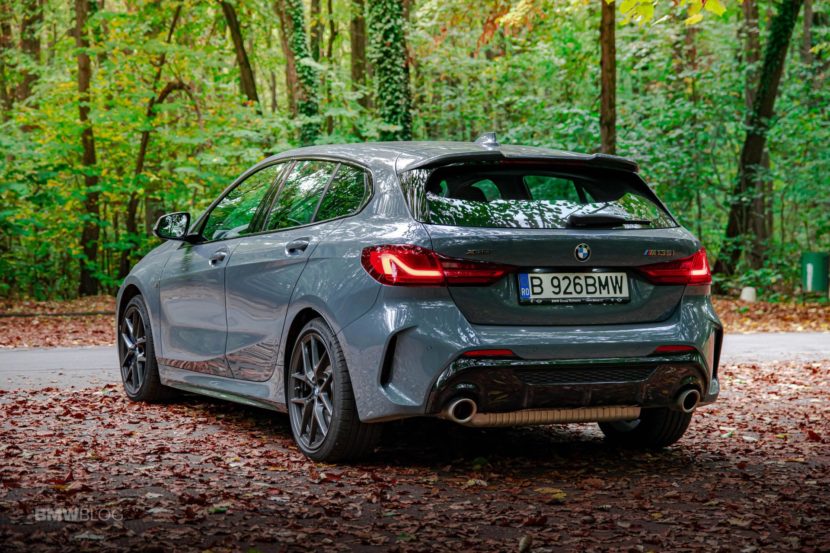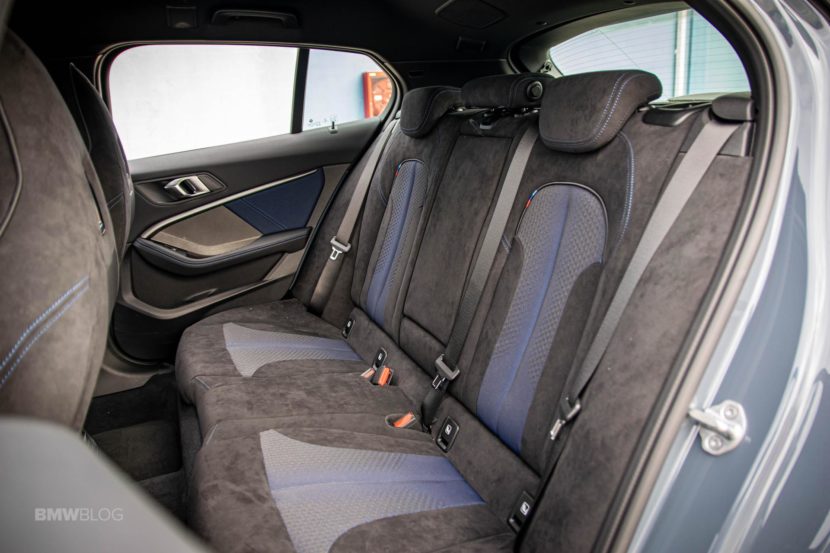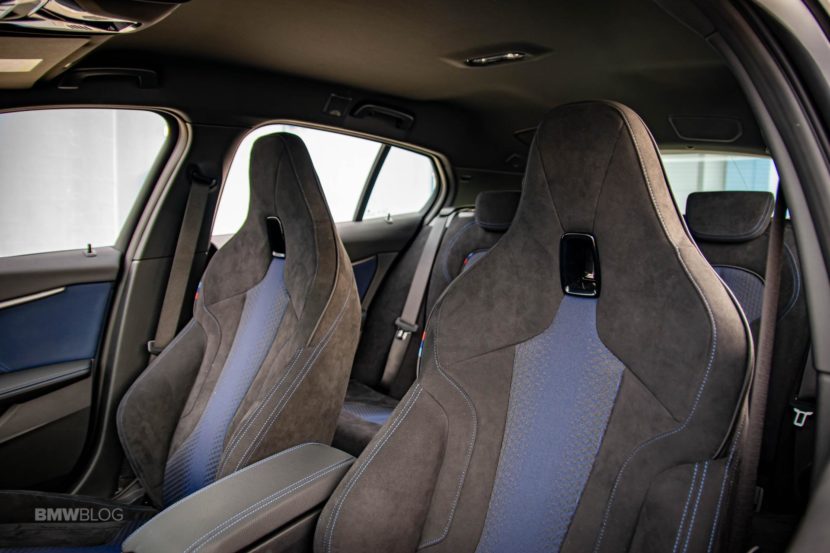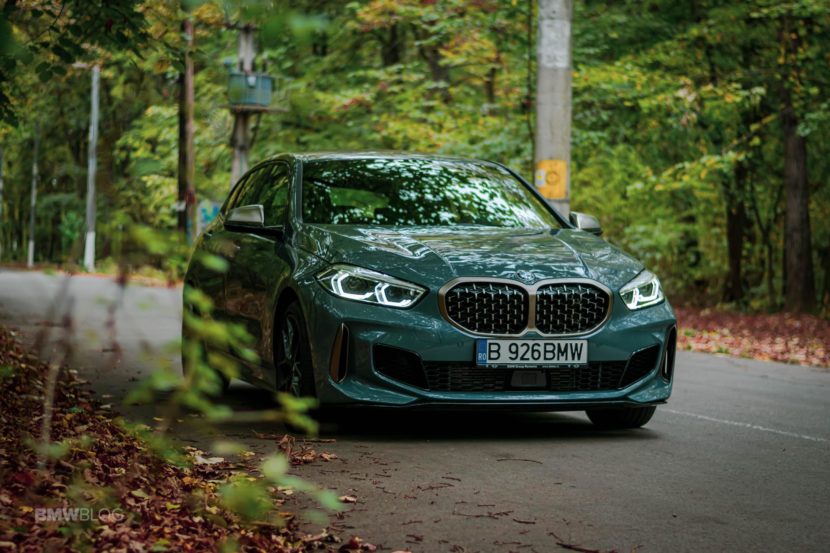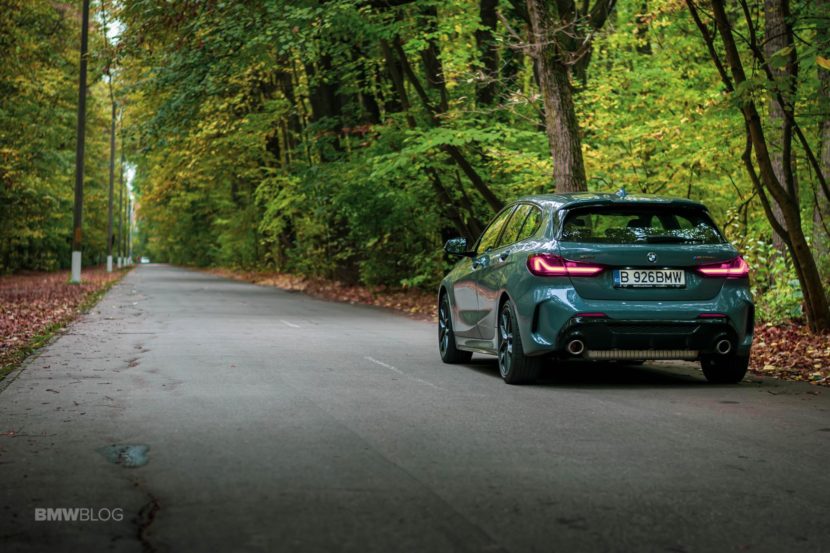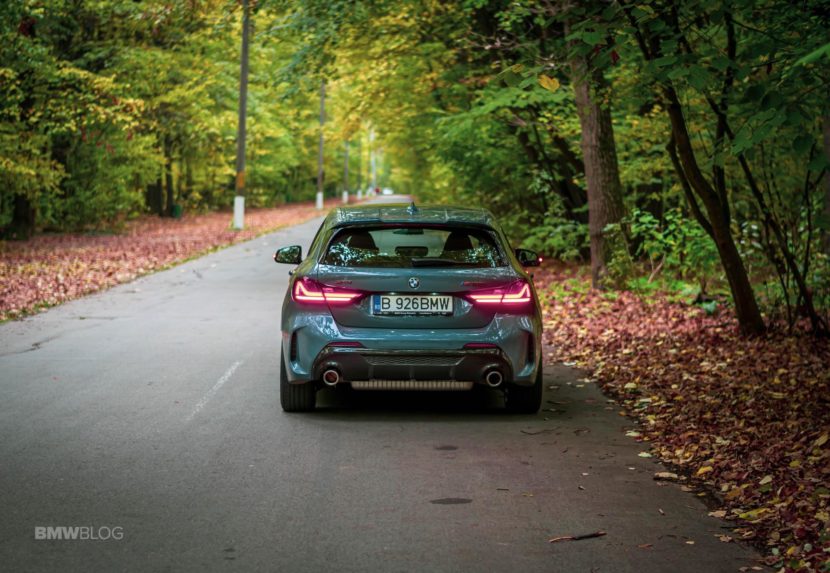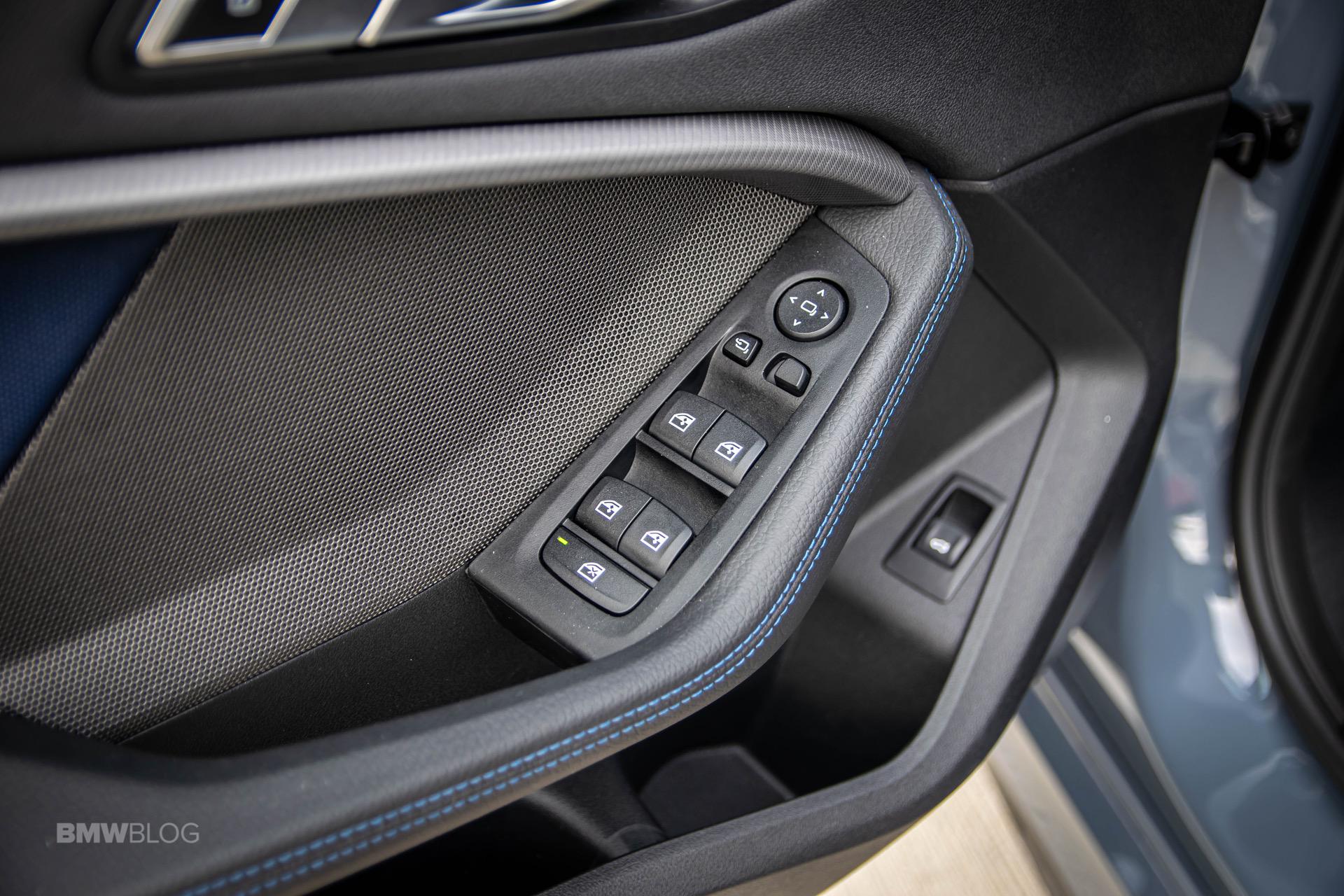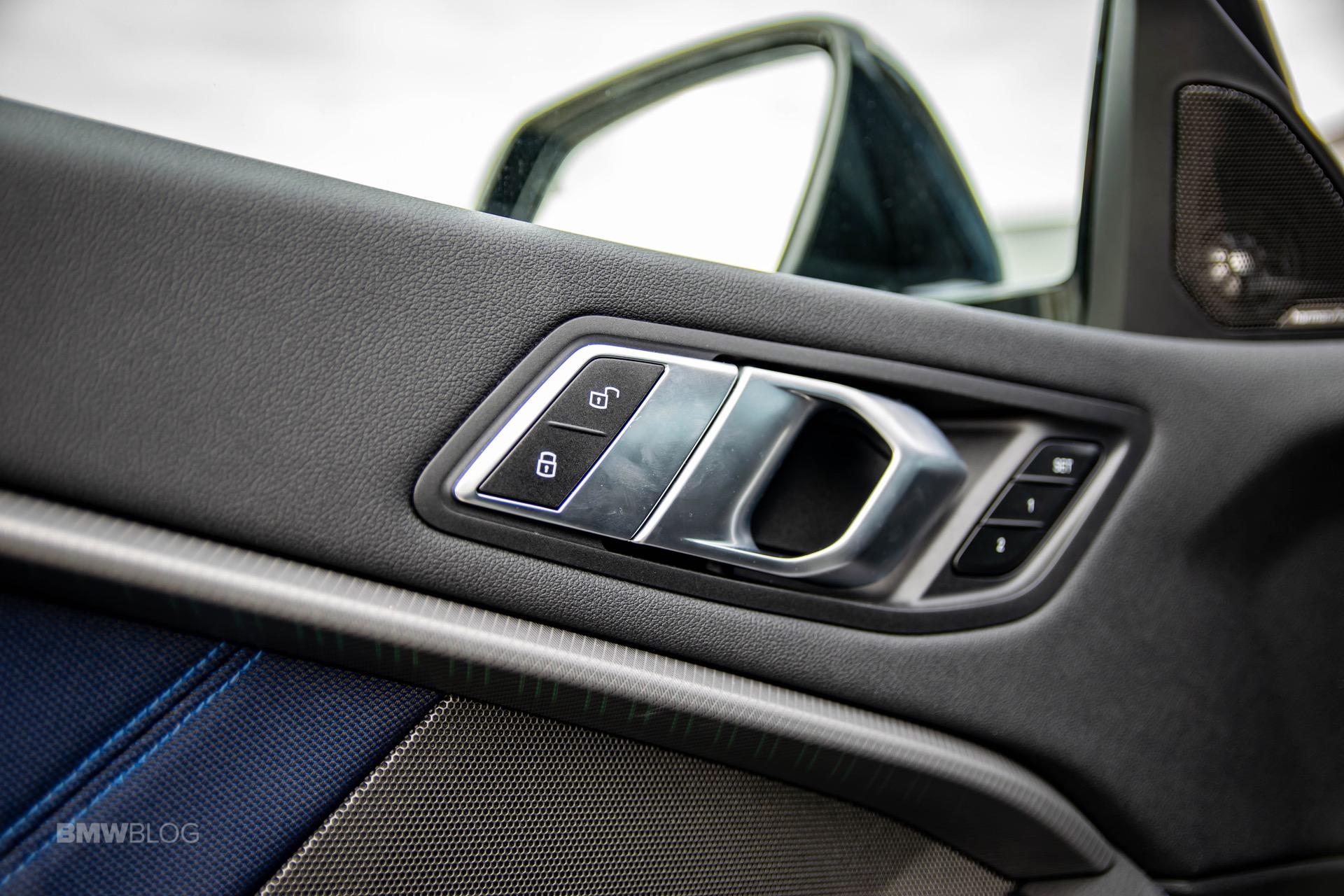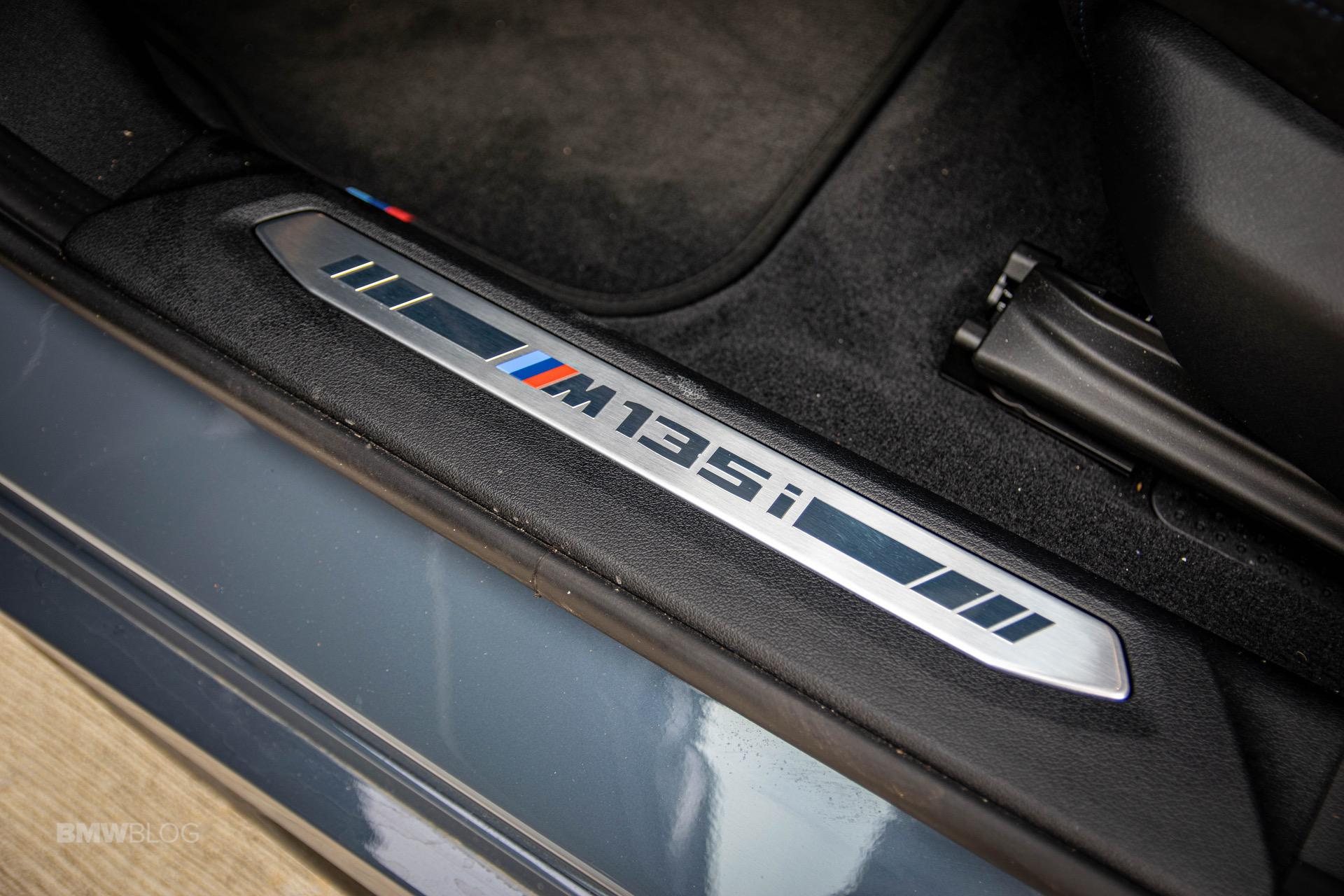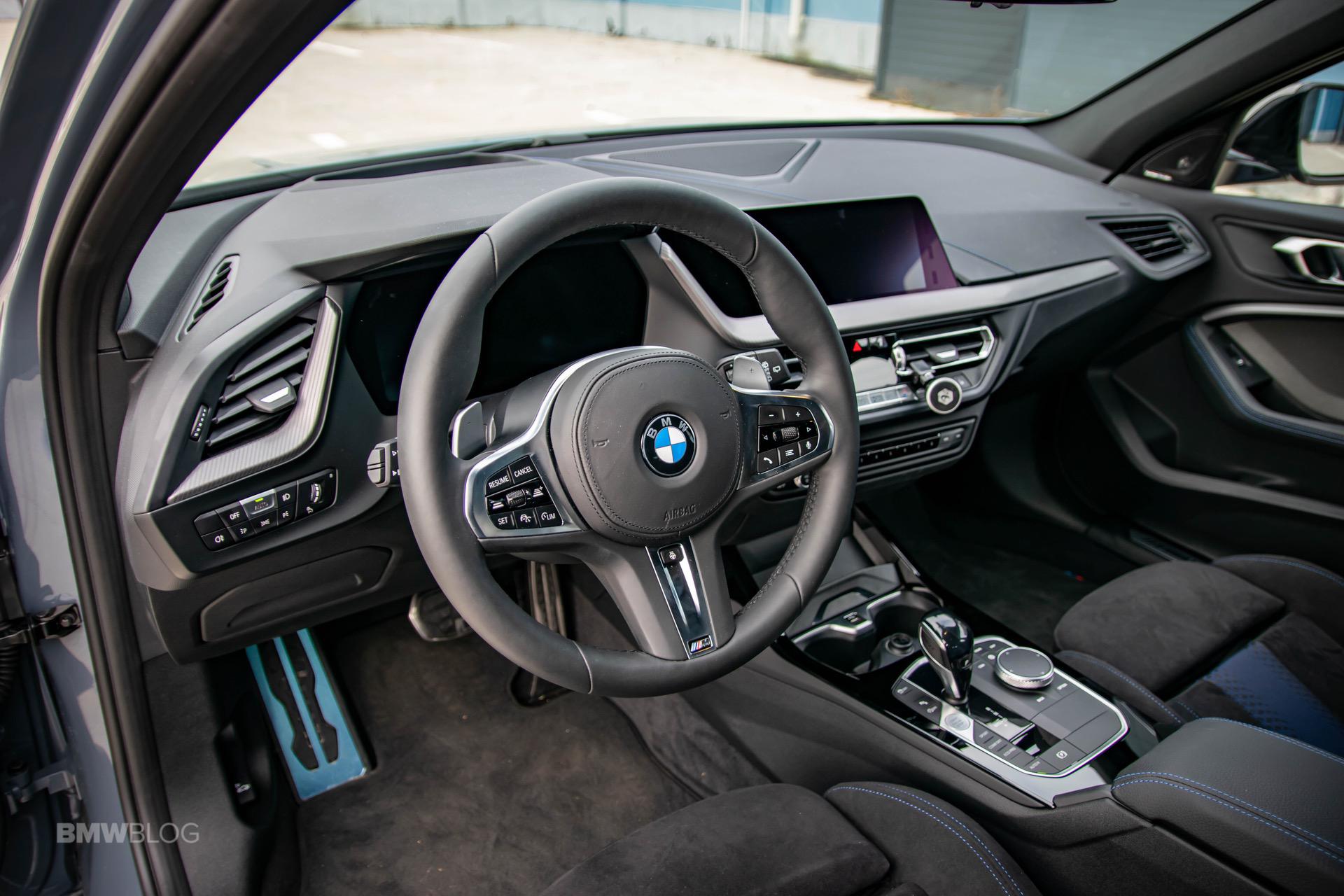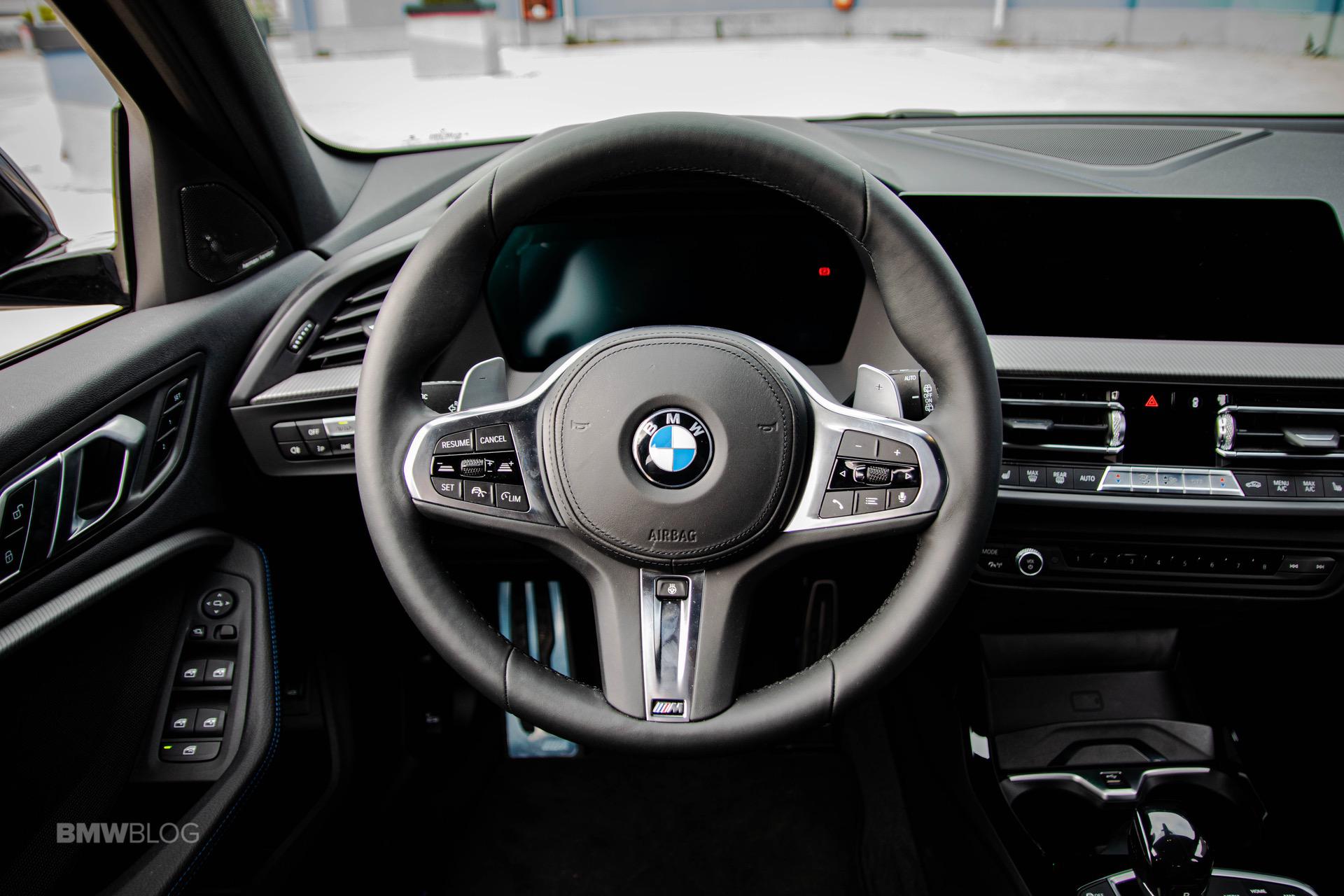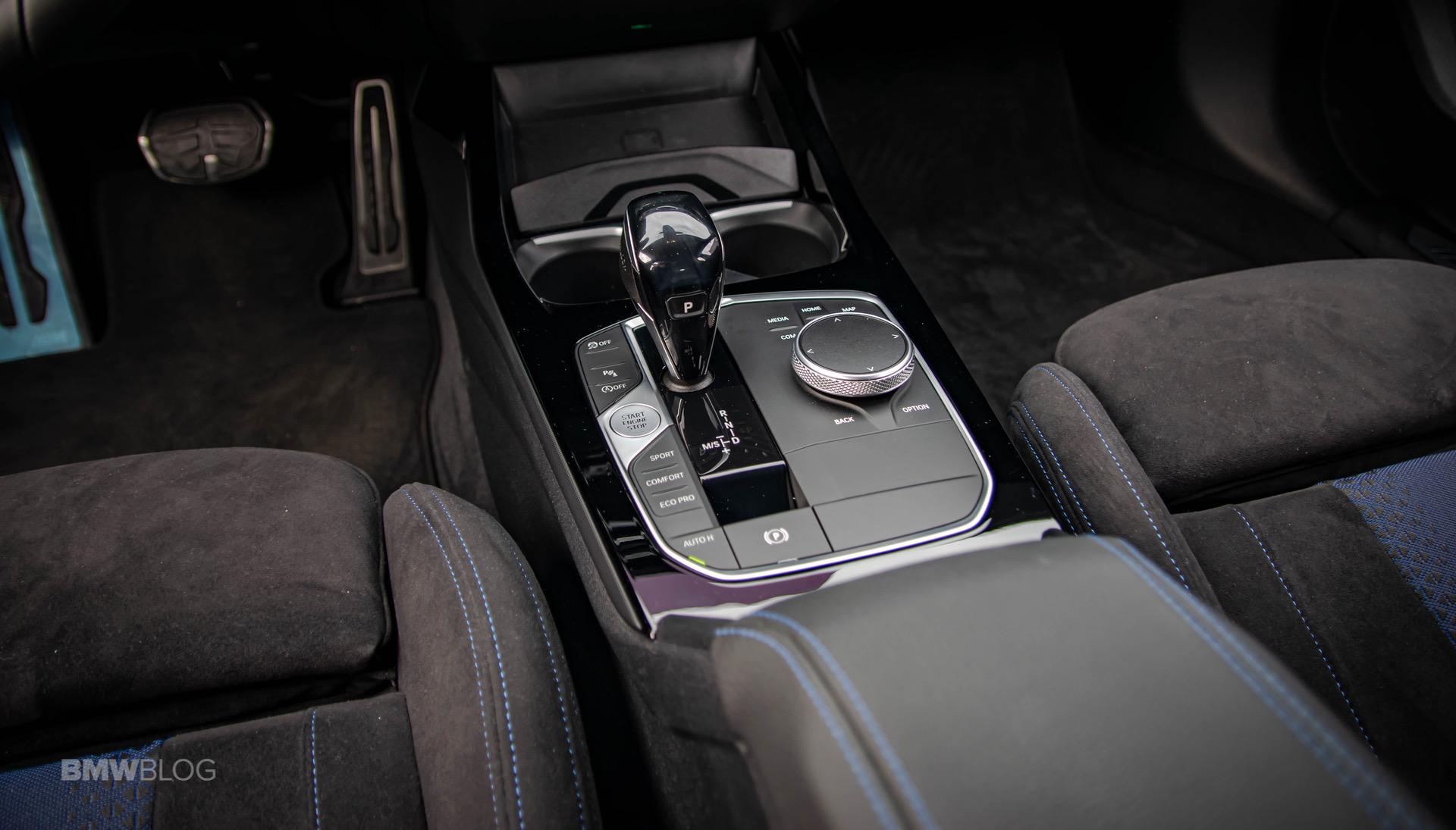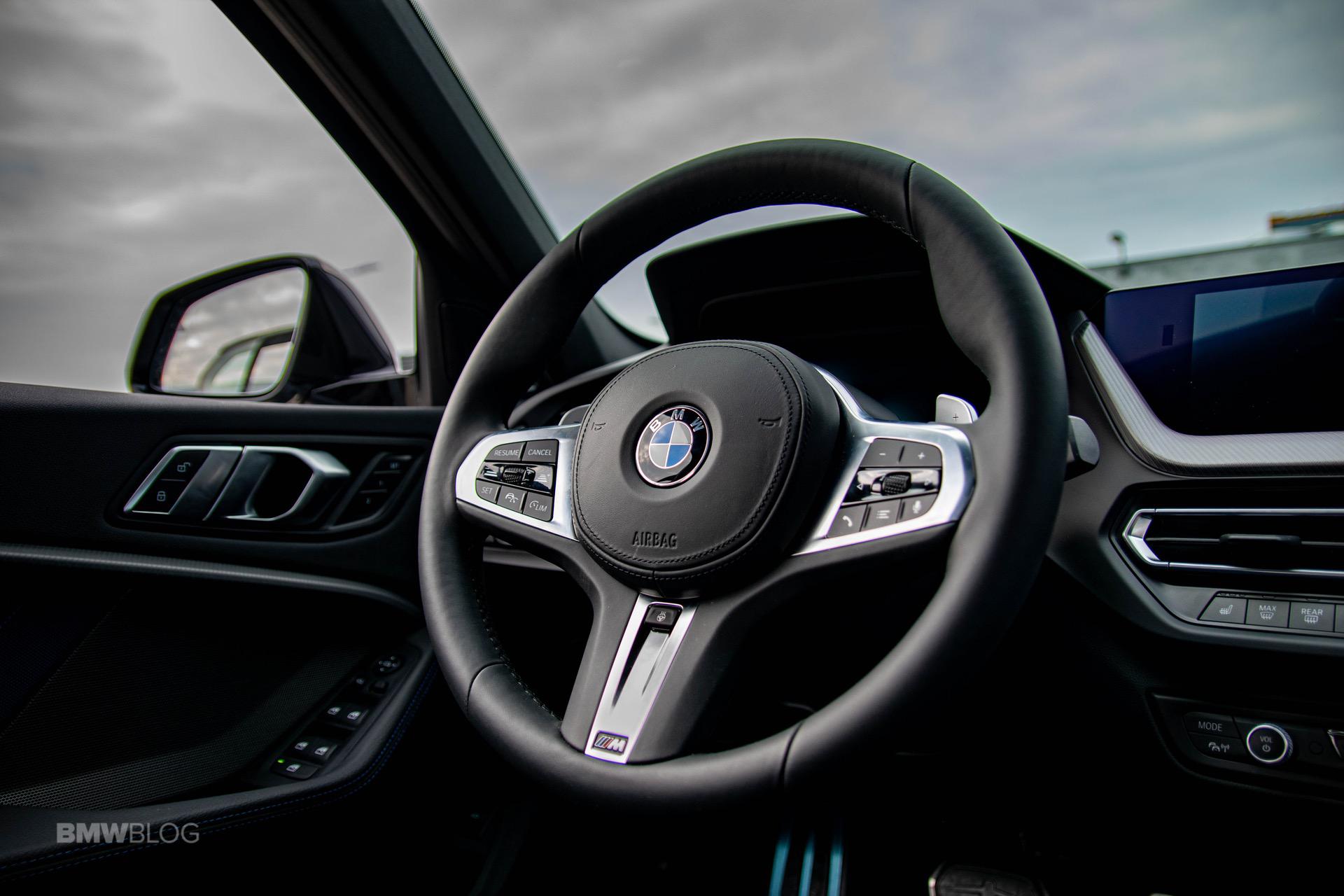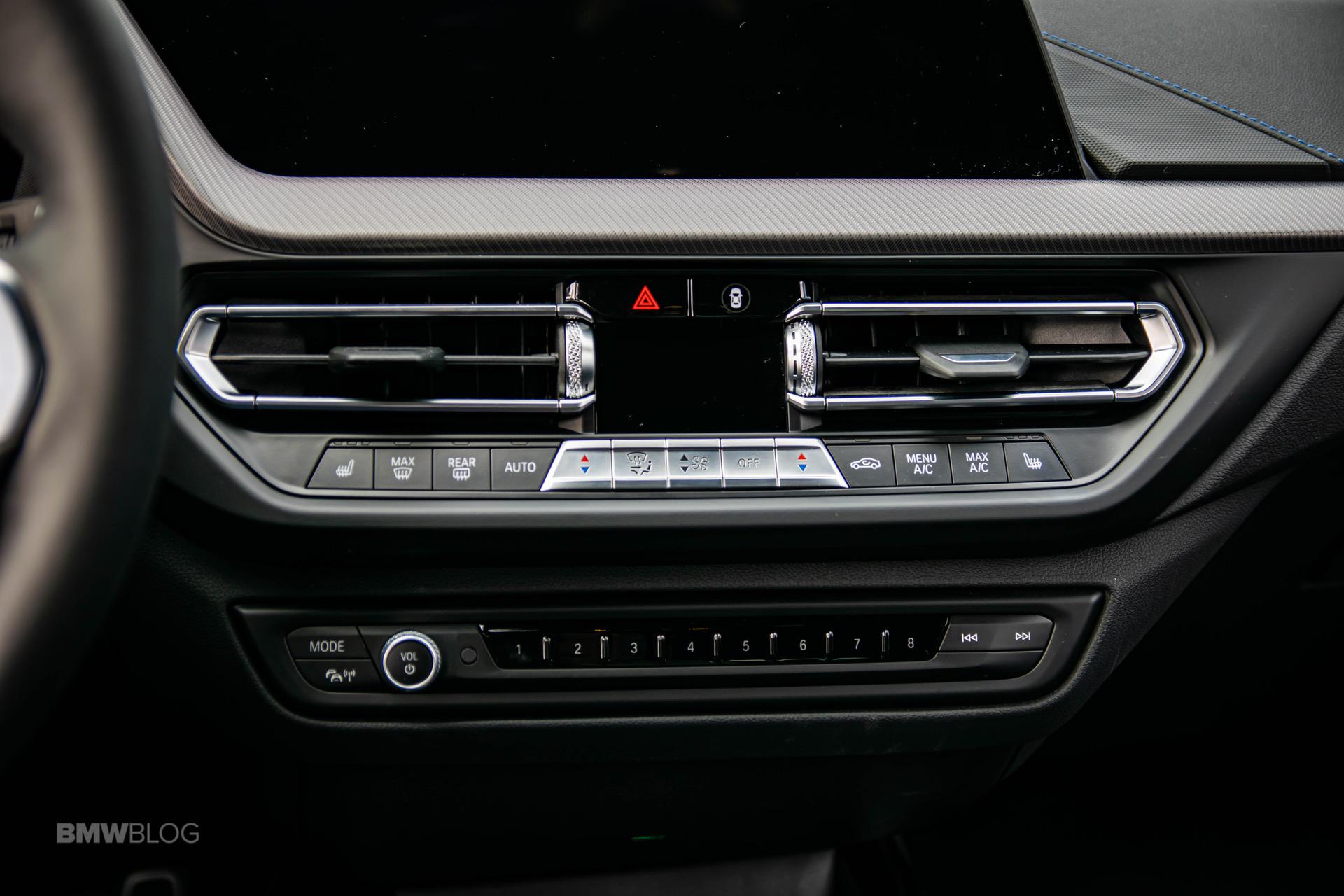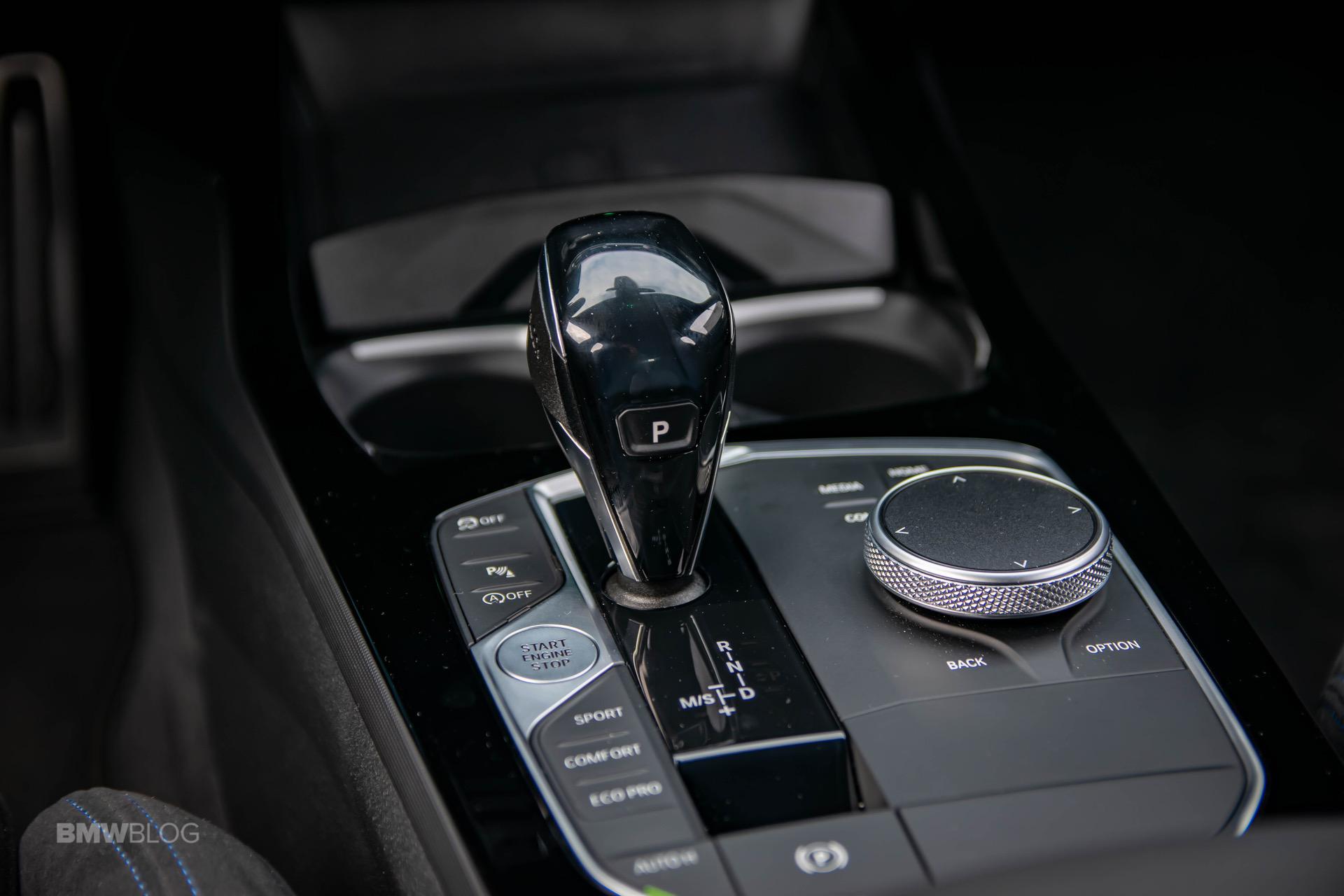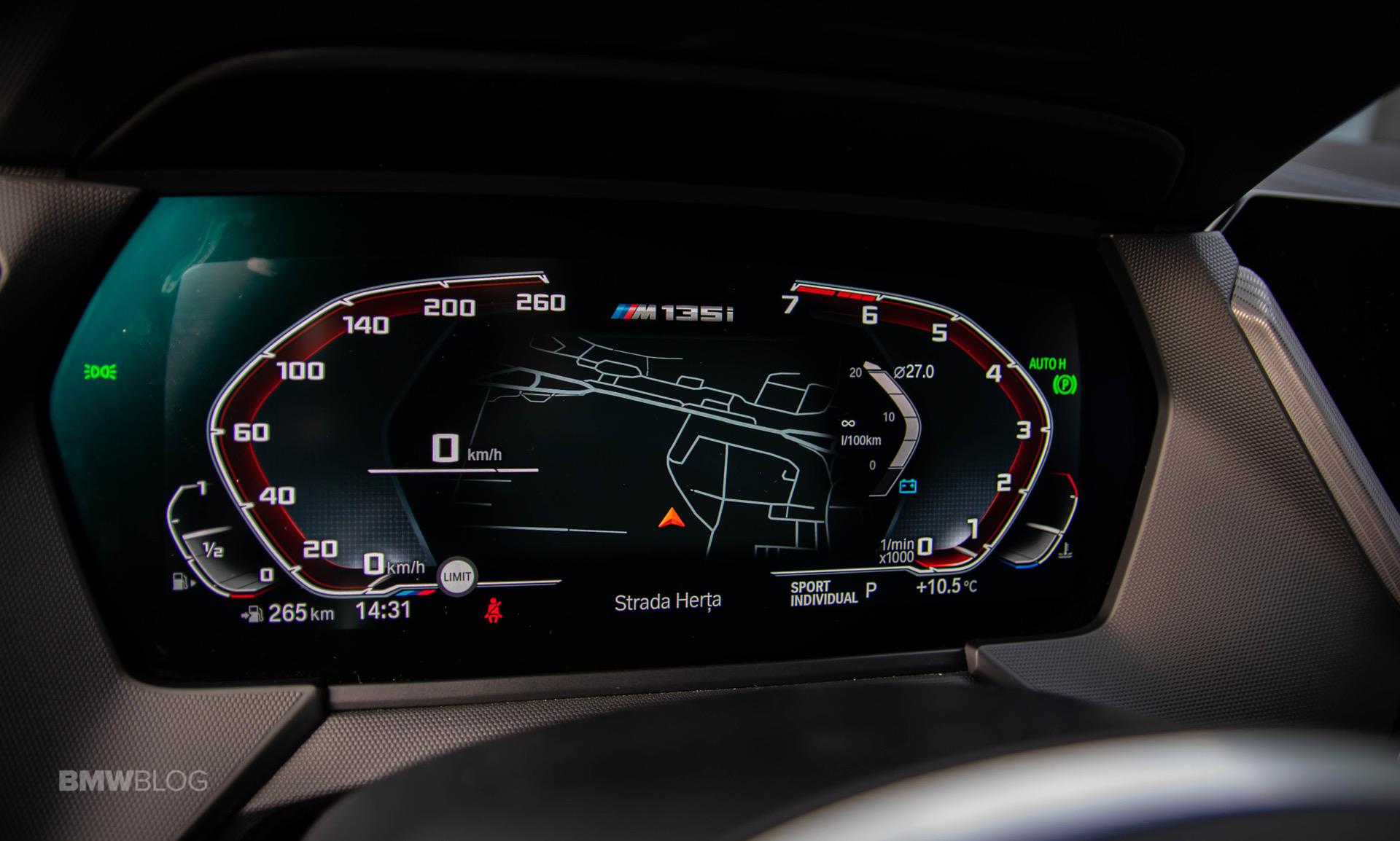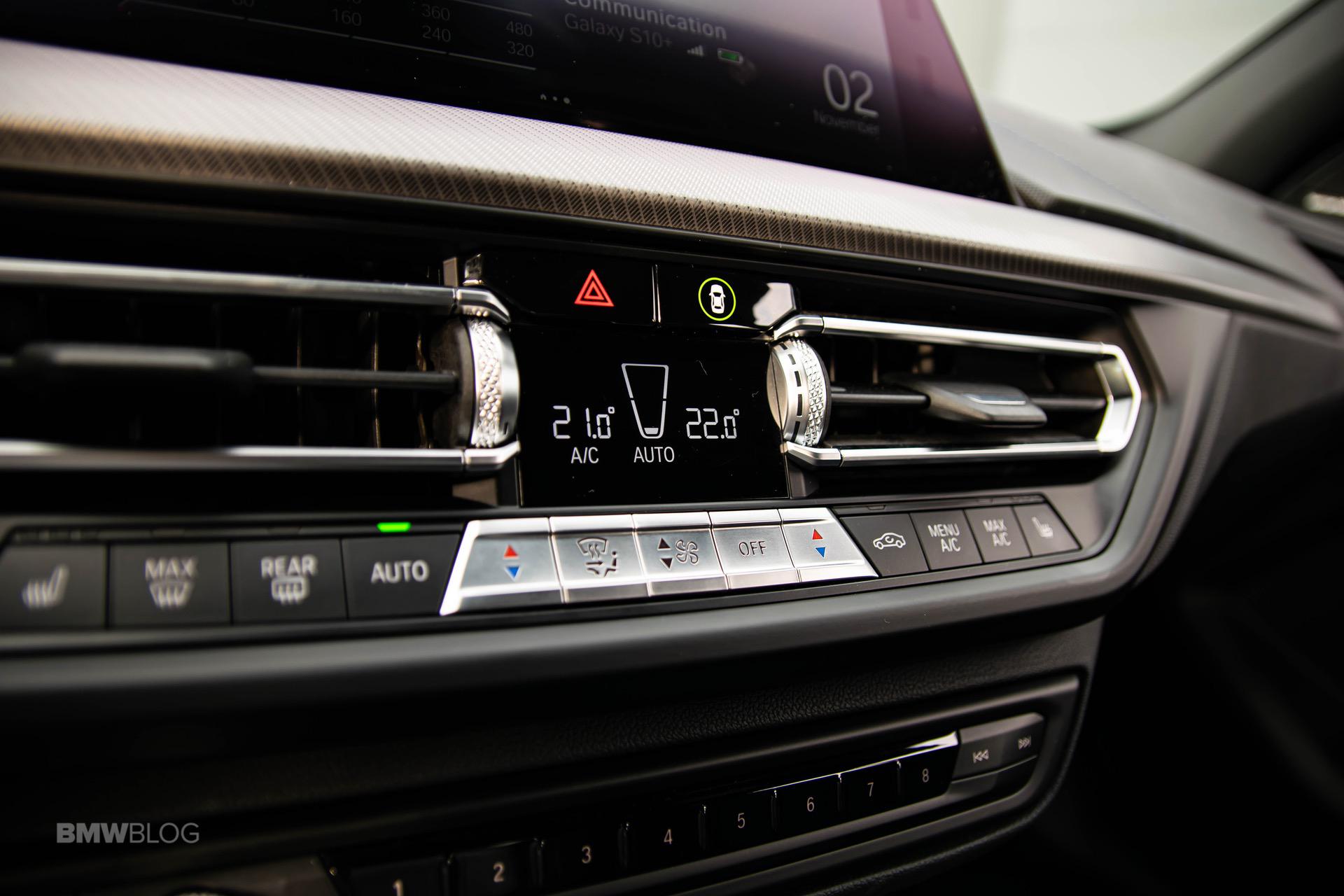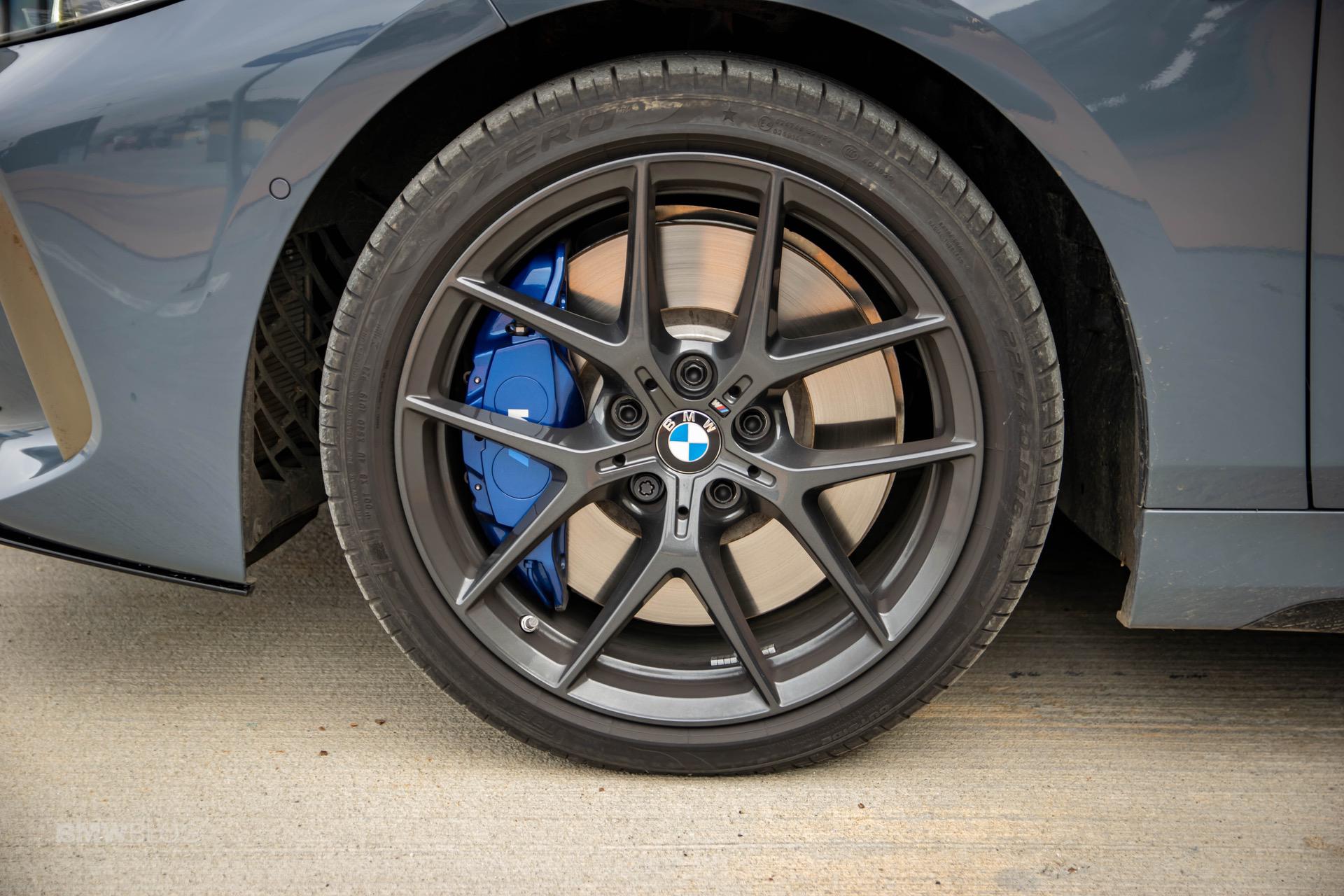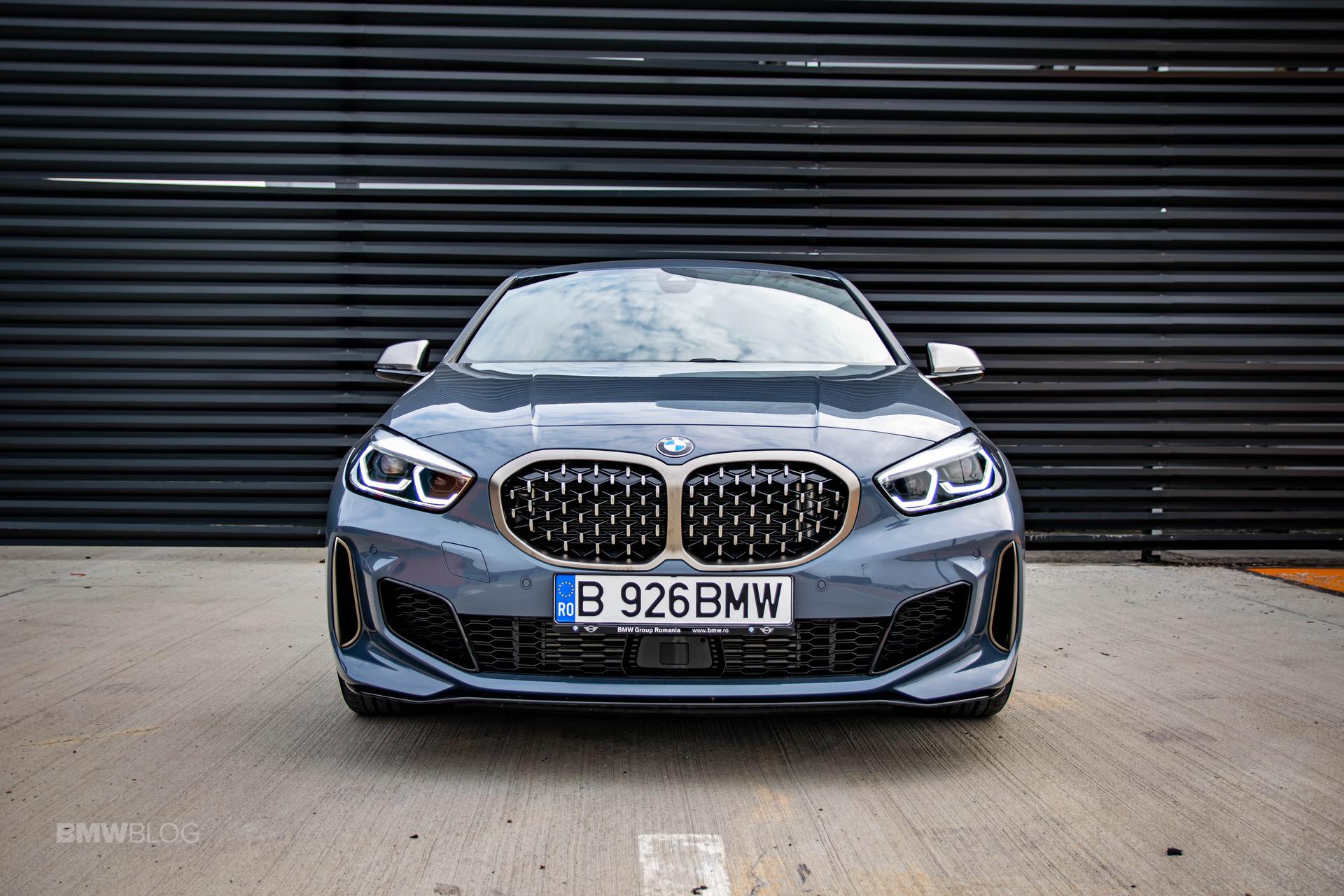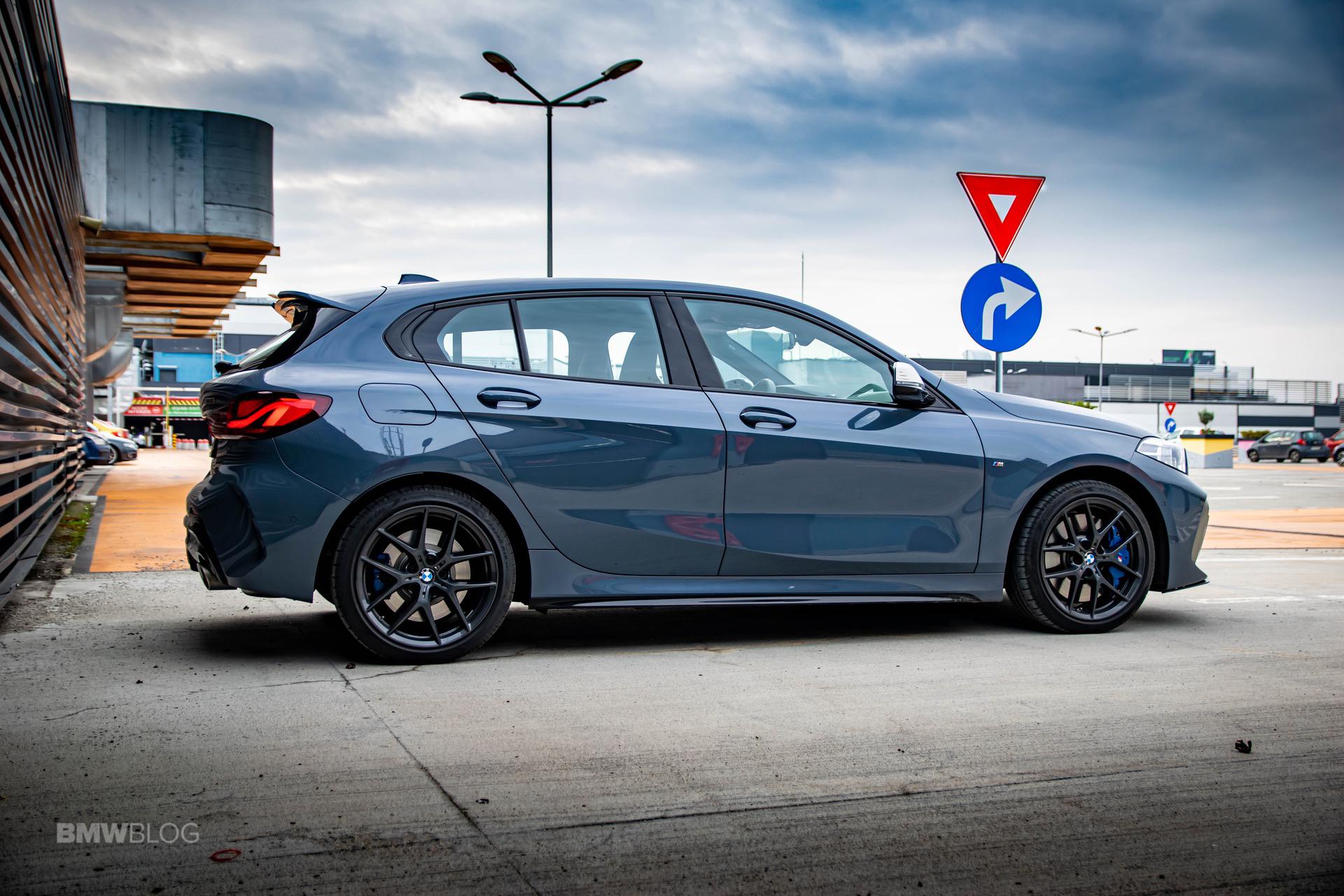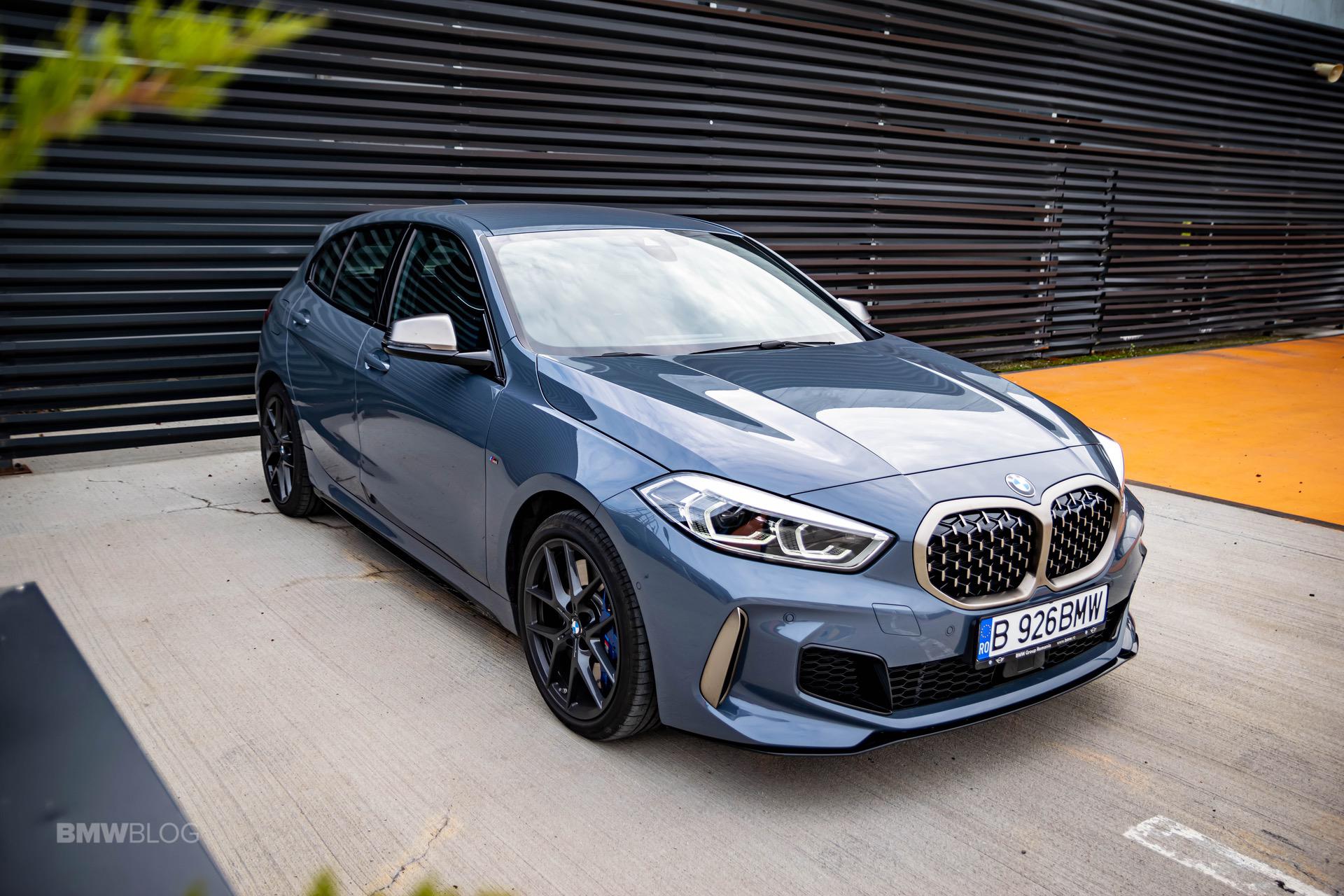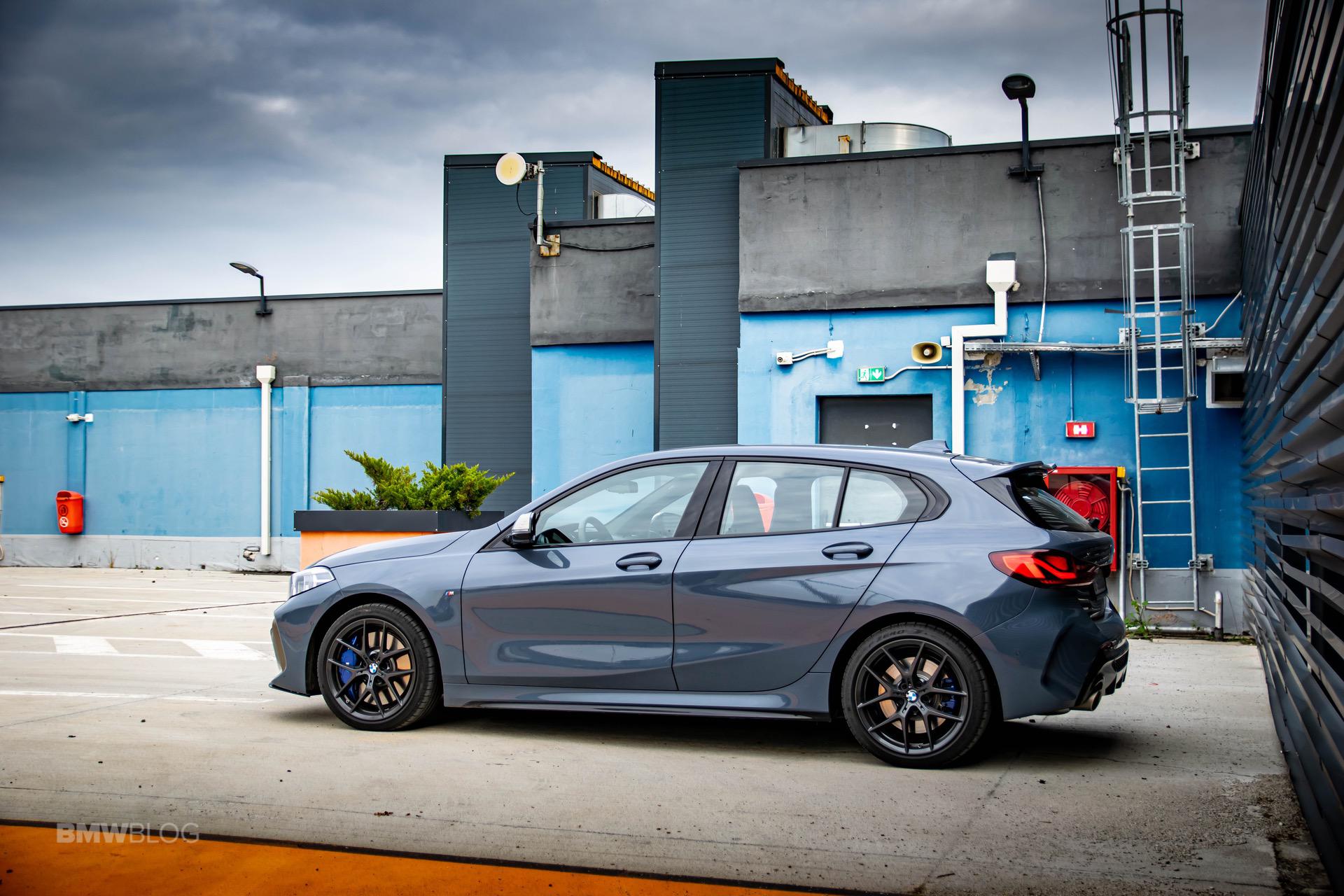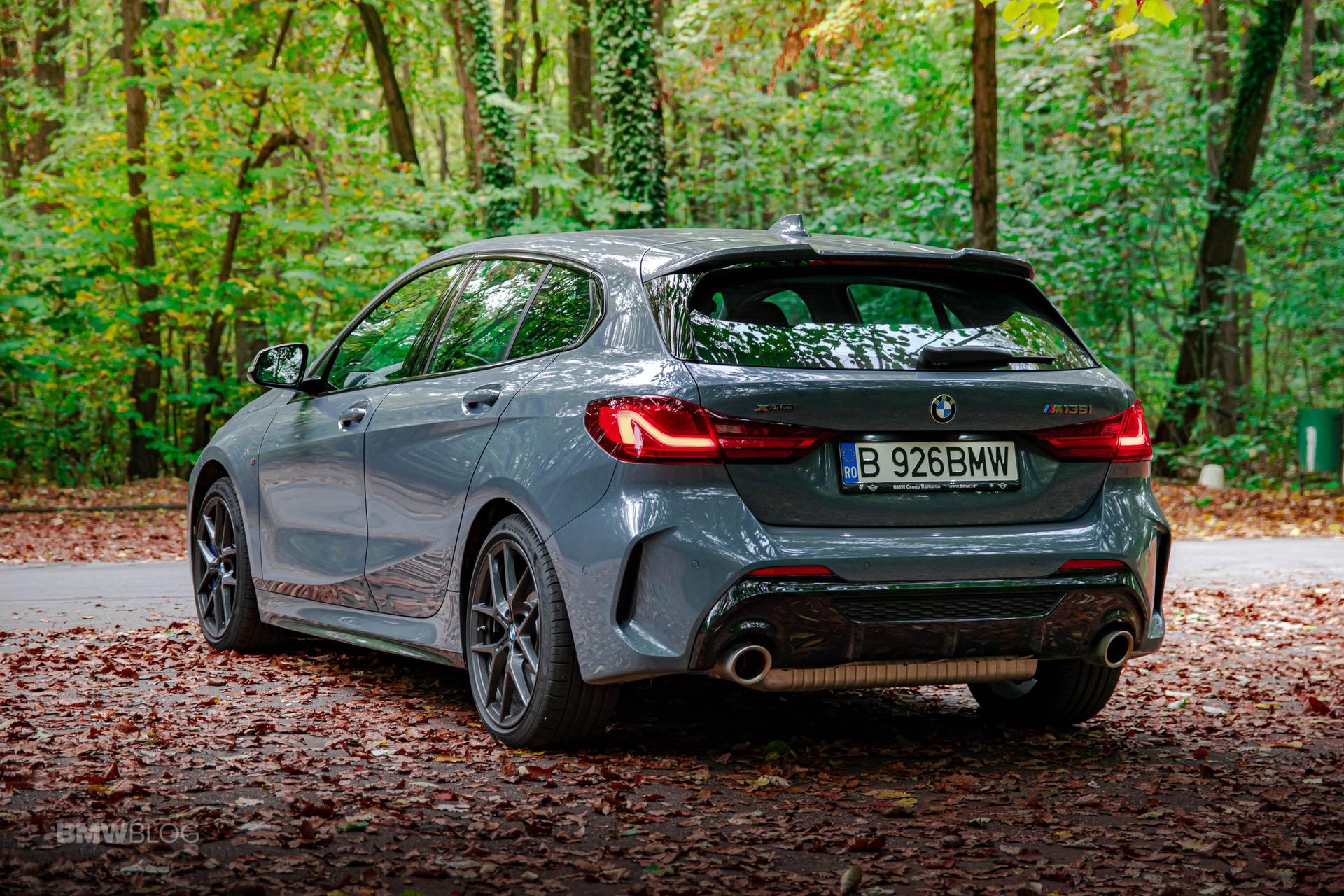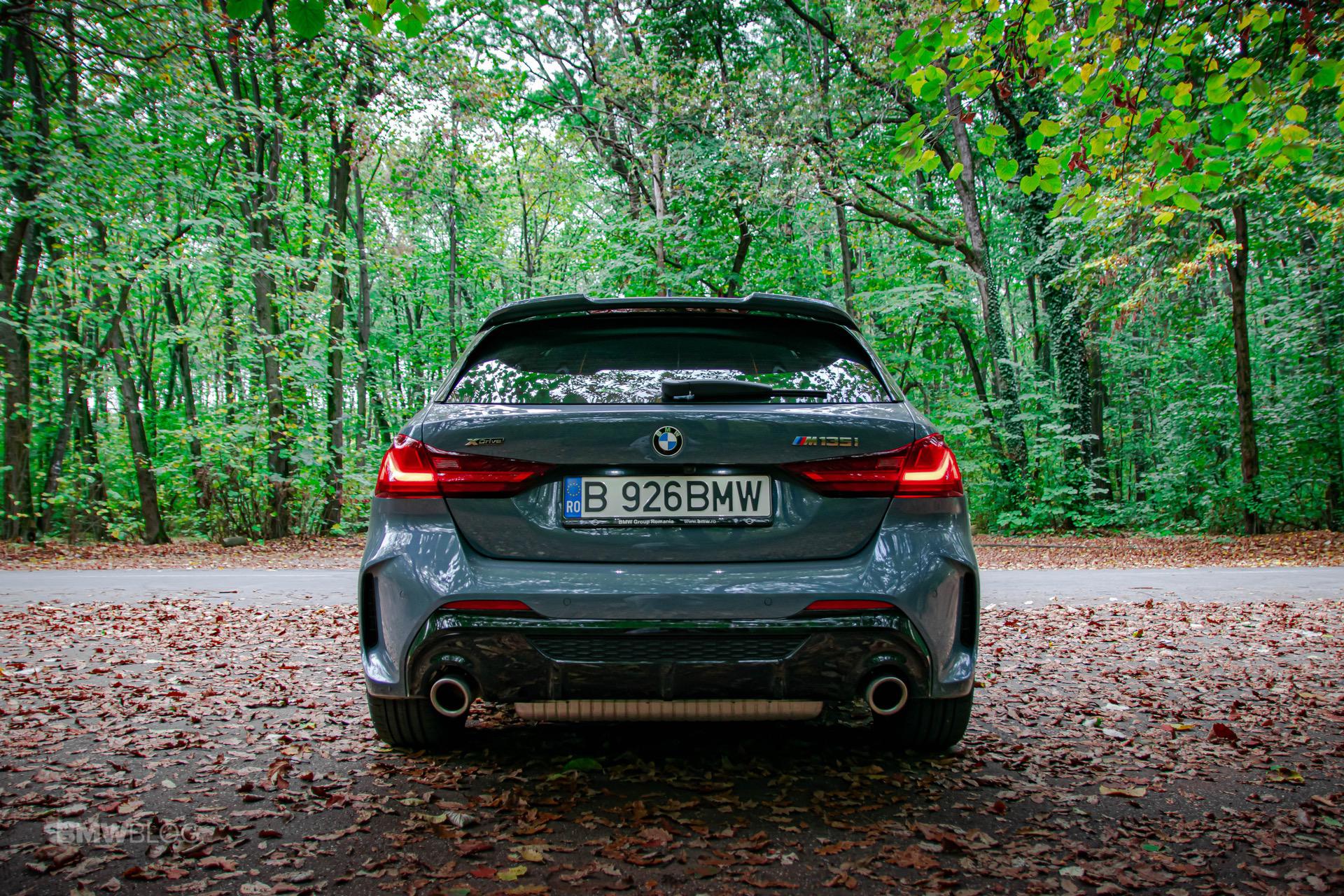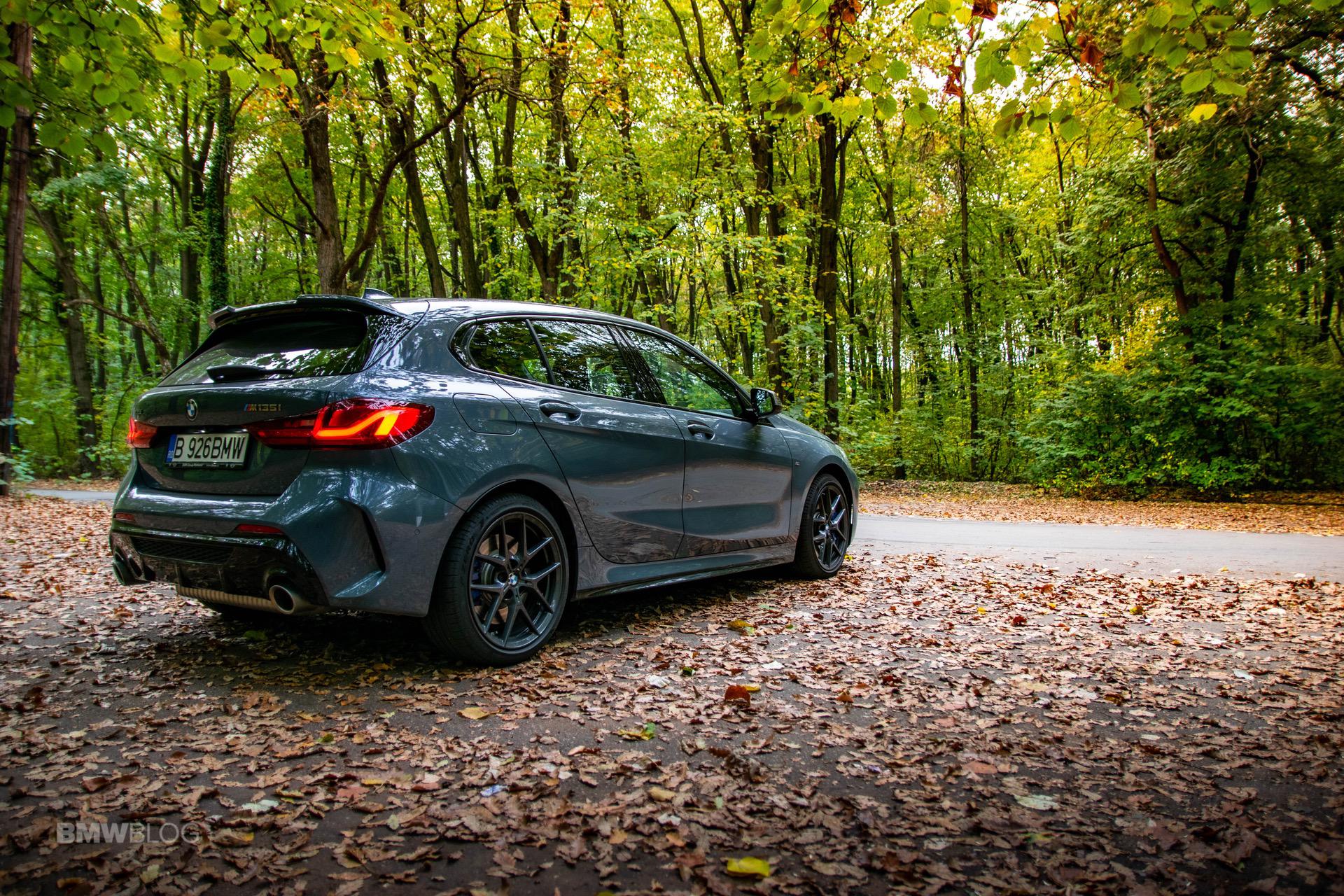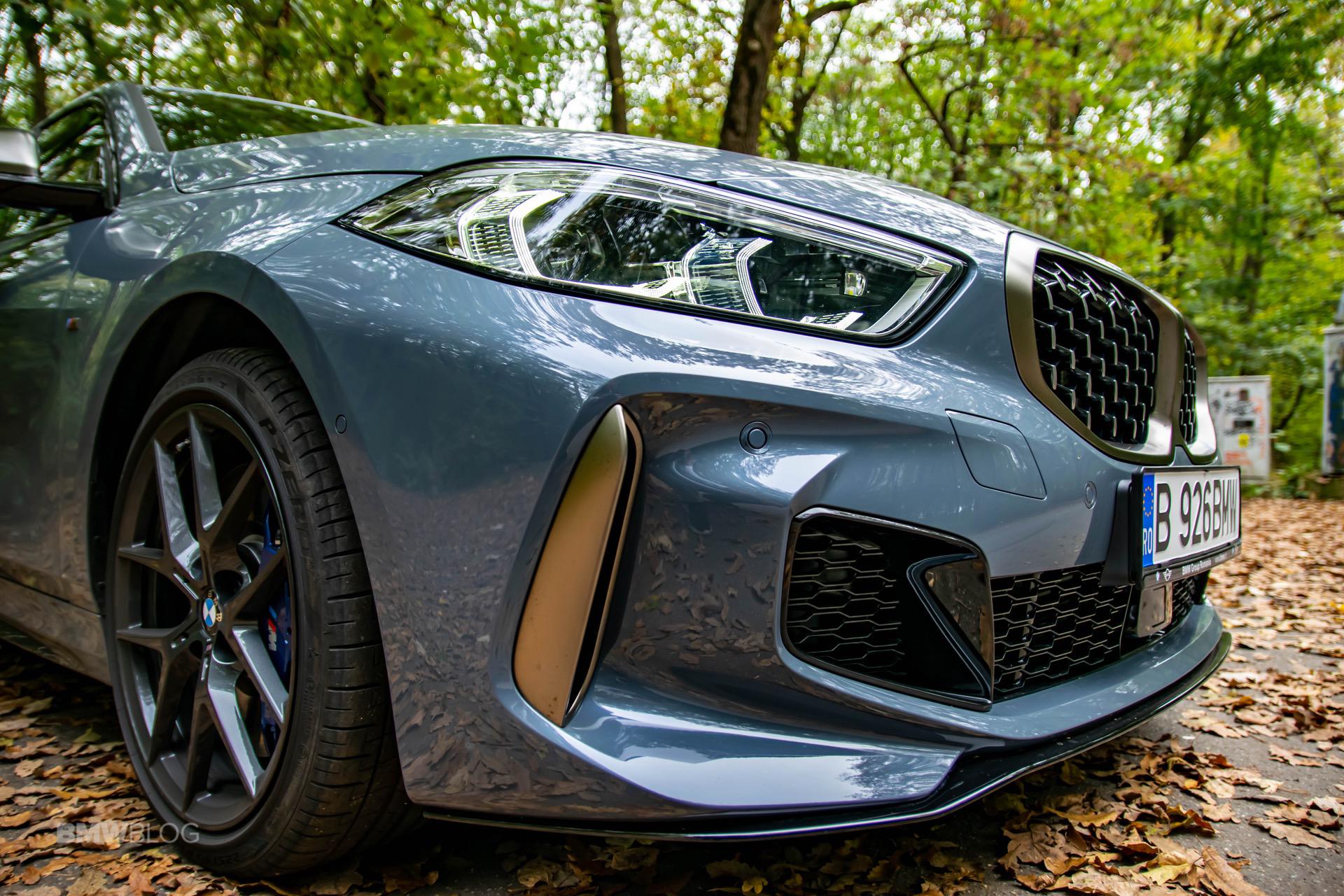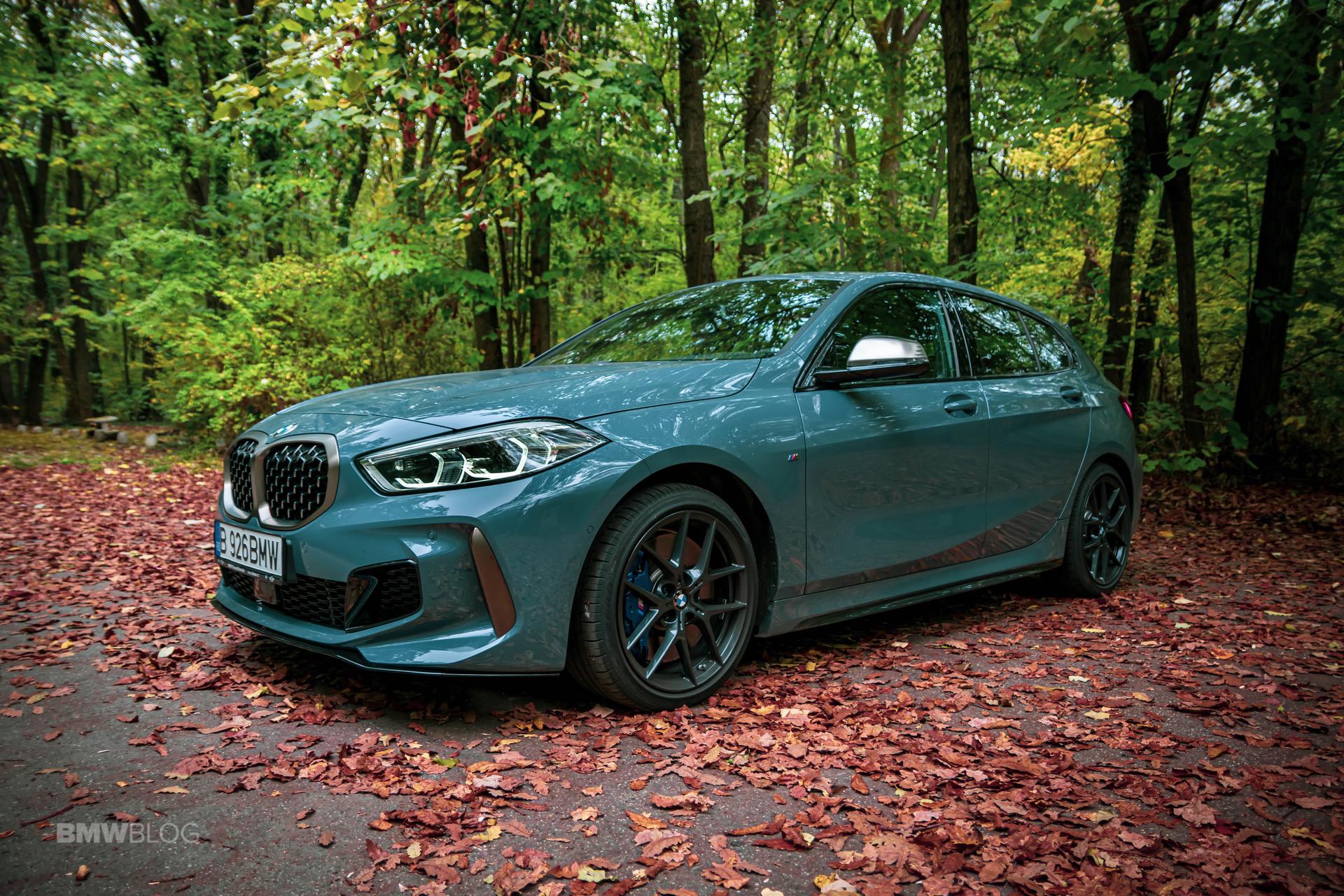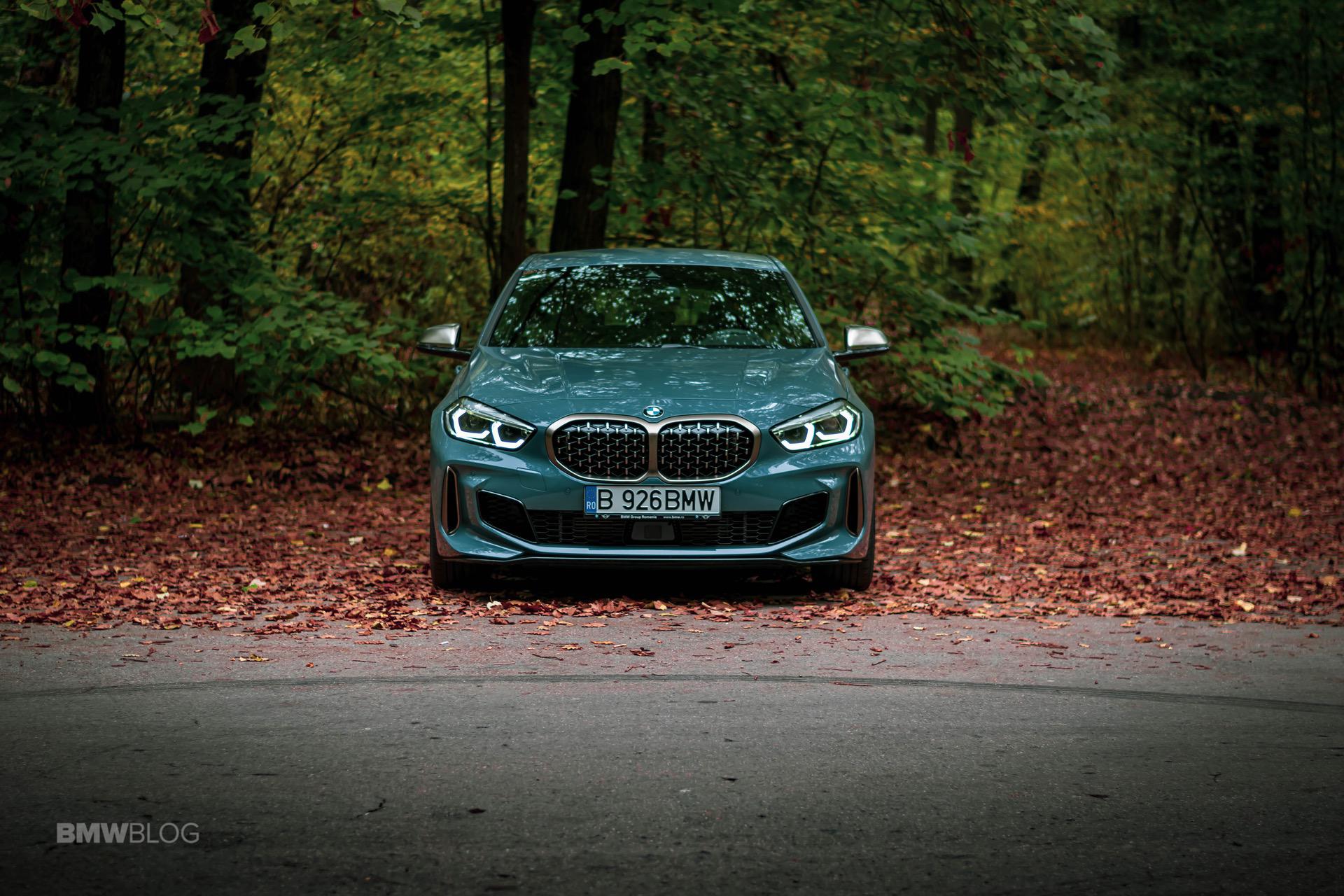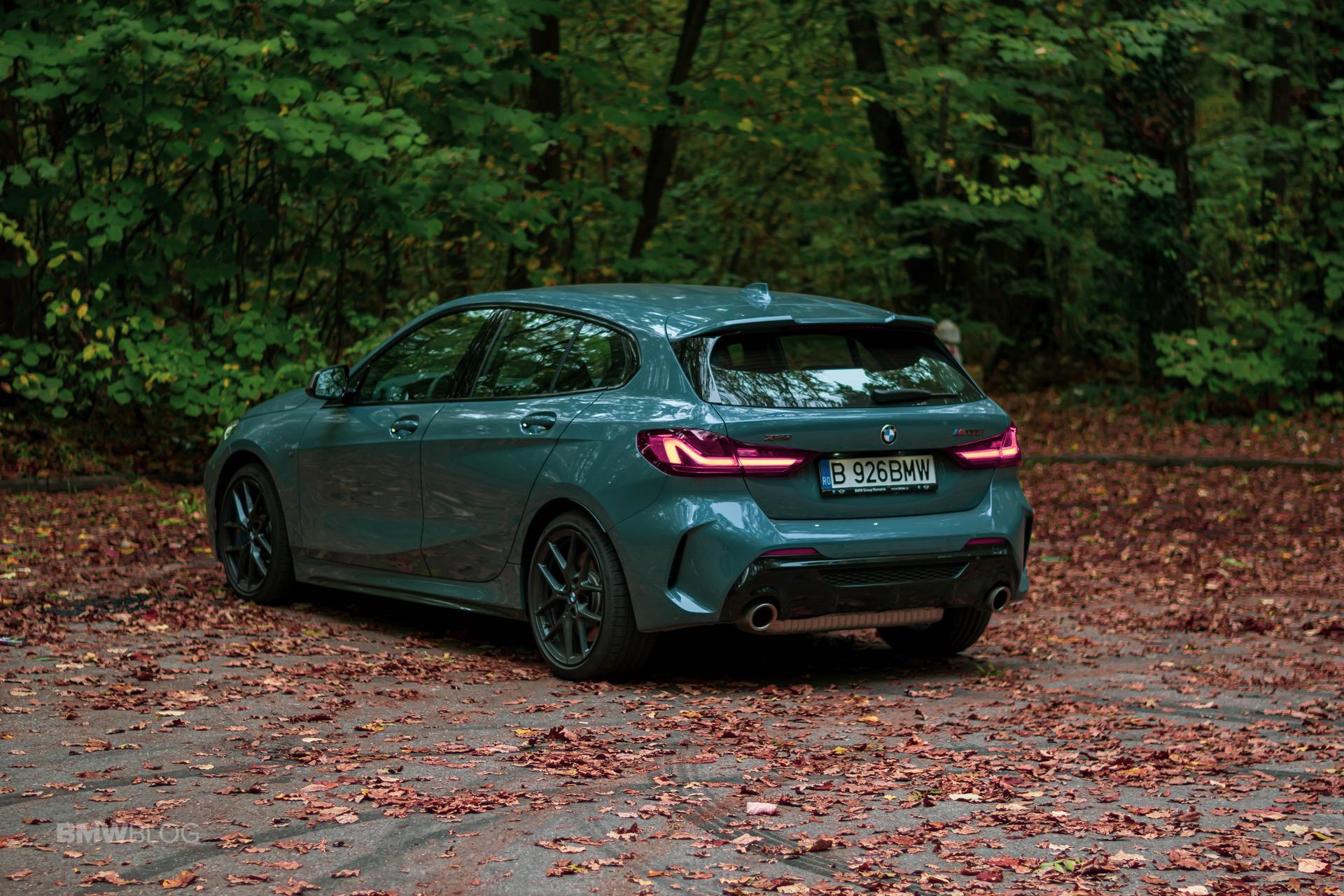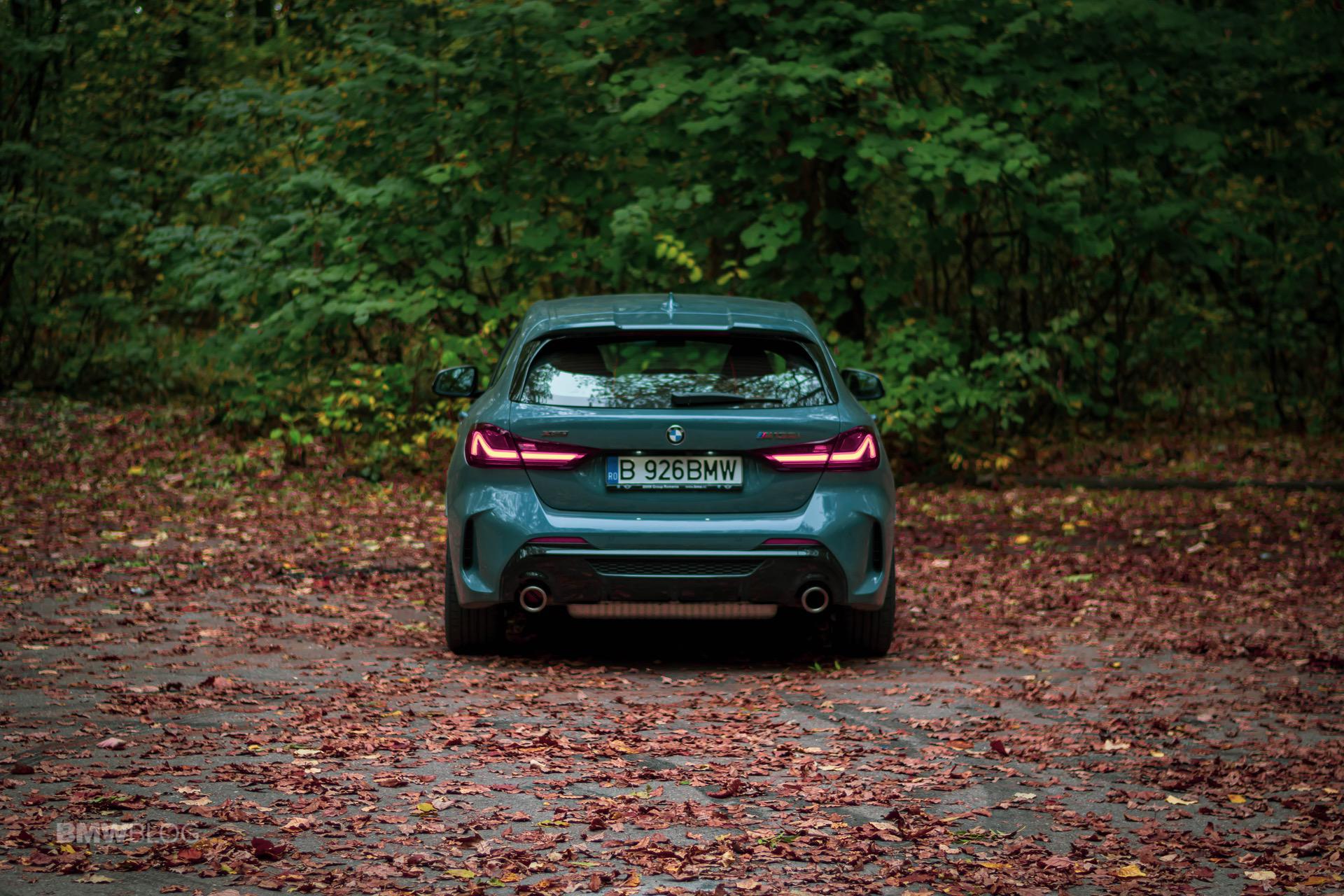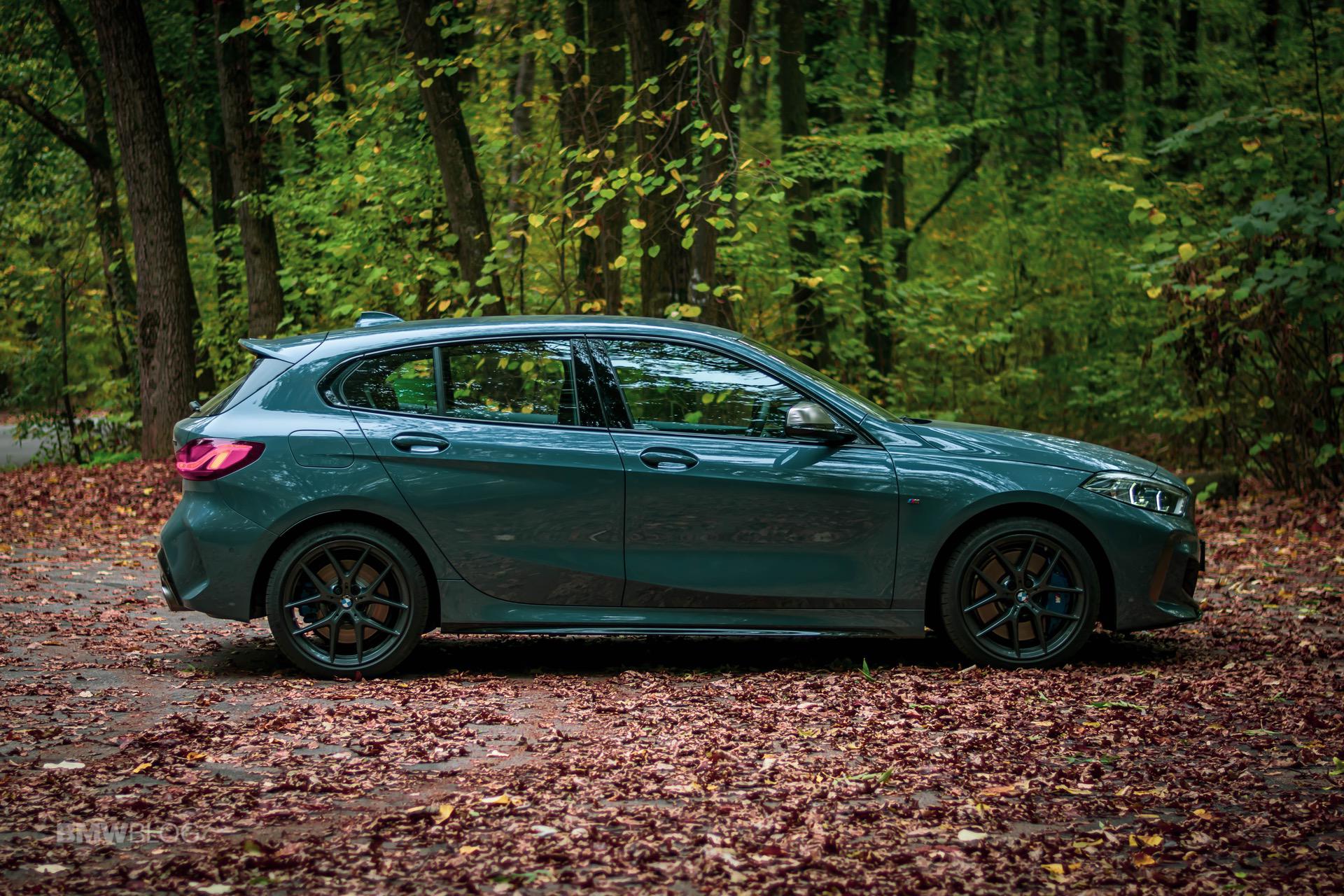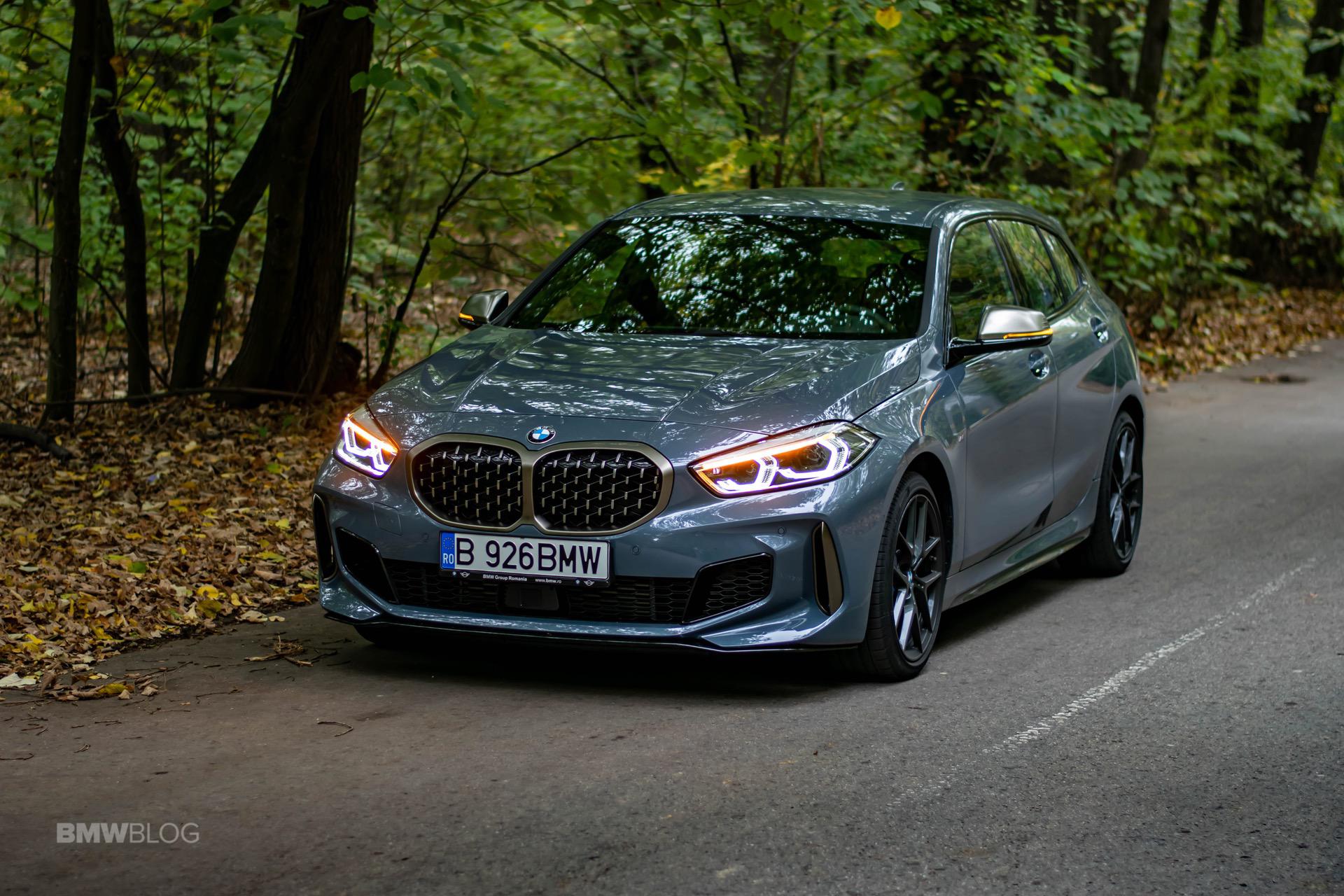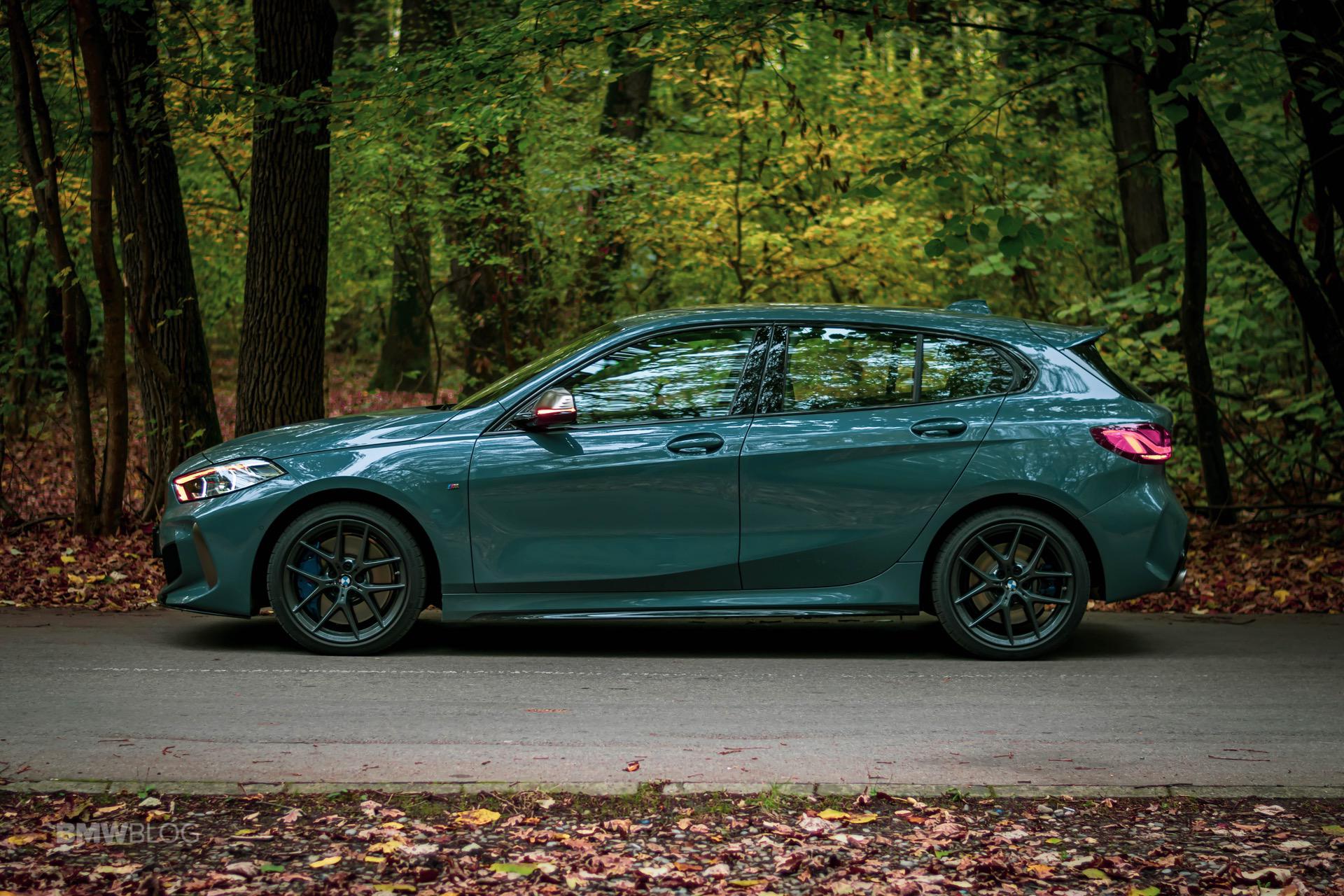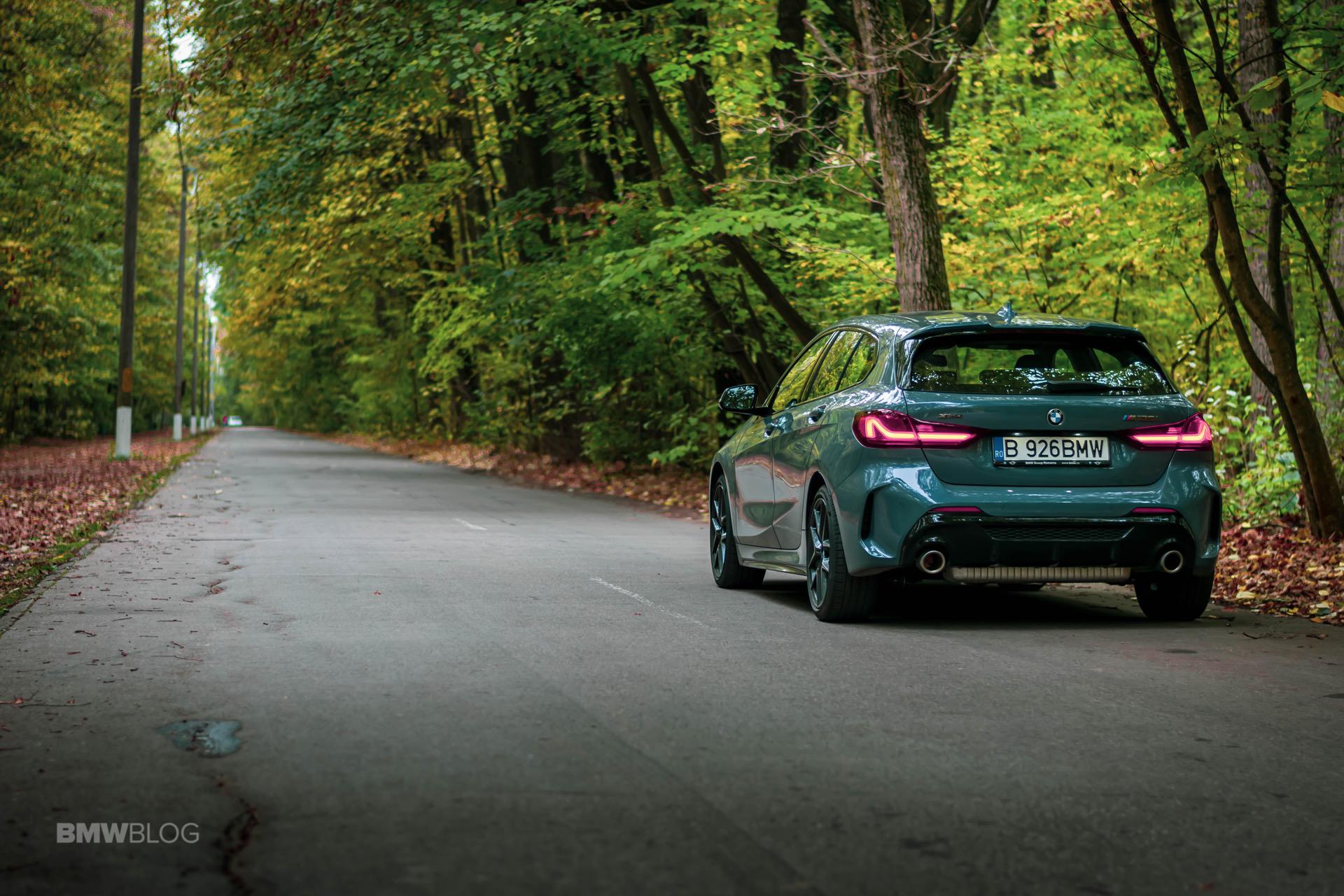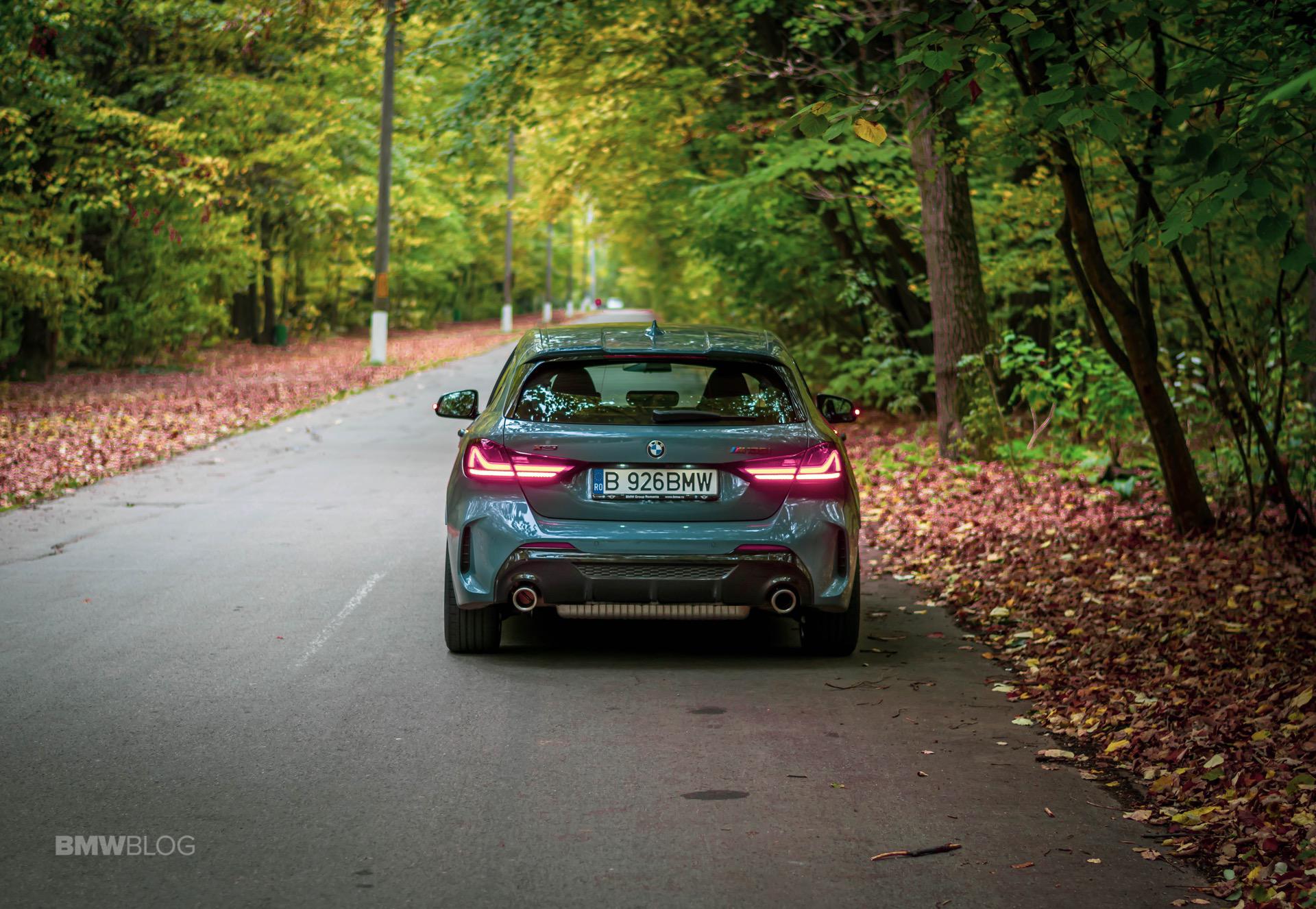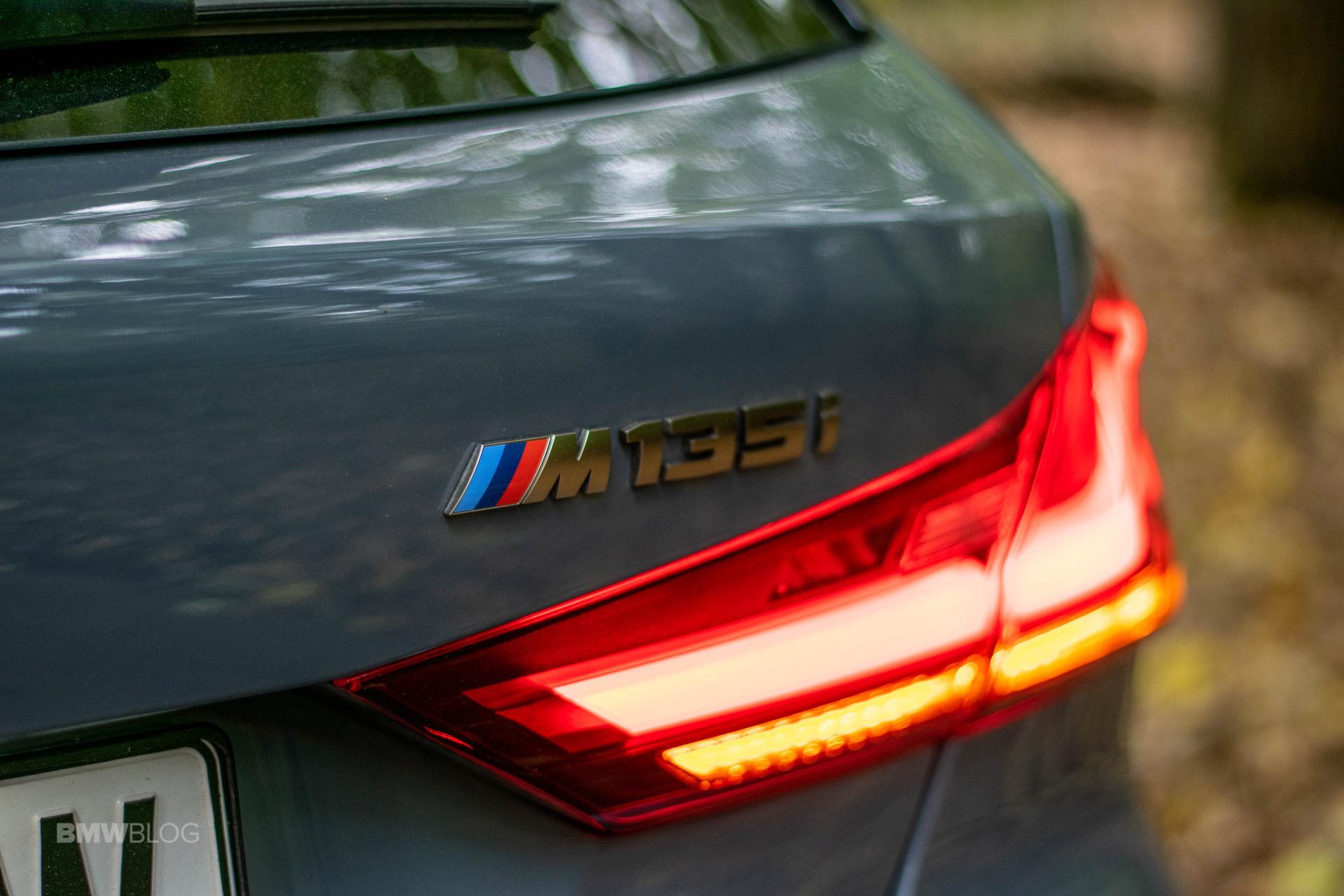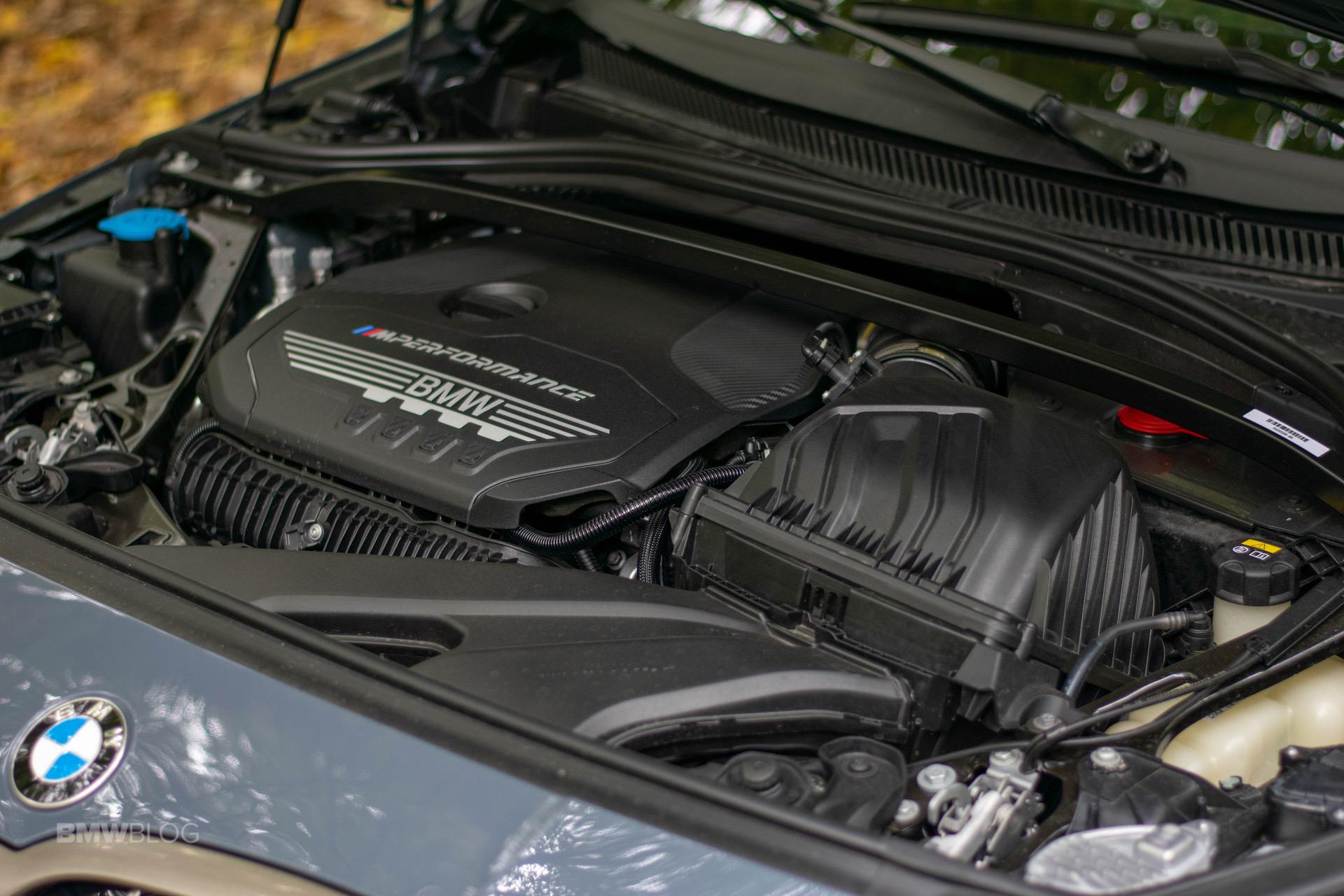Every time BMW launches a new, controversial car, the same group of people refuses to understand it does so out of necessity. In this group we can include the diehard fans of the brand who can be quite vocal. Needless to say, they were extremely vocal when the new 1 Series was launched.
And yet, BMW decided to move forward, knowing it will lose some fans but it will cater to the needs of others a lot better. The 1 Series was a volume car from the get-go and its strength relies in numbers. Sales of the hatchback which is now reaching its third generation have surpassed the 2.5 million threshold over the years. That simply proves it’s been a success overall. To what it owes that success remains to be determined, but some factors might be brought up by default.
Why The Move To Front-Wheel Drive?
Some would argue it was because of the rear-wheel drive architecture, a setup that was definitely exciting and also unique in the segment. But it was a blessing and a curse at the same time. Why? Because this layout wasn’t exactly the best choice to provide a lot of cabin room. So yes, the old 1 Series models were better to drive and more agile but the vast majority of owners didn’t really care for that. At least according to BMW and to marketing studies.
The BMW 1 Series was so popular for so long because it was the cheapest BMW you could buy. And to some people, the badge on the boot matters more than the car’s performance.
But even when you think about the performance side of things, there was only one model that was taken seriously by diehard fans: the BMW M140i. Care to guess what was the percentage of cars sold by BMW with the M Performance badges attached to them?
5 percent! That’s it. Only 5 percent of the owners actually bought a 1 Series for the performance and handling. The M140i was also the only model available with a six-cylinder engine under the hood. Therefore, only those people could be entitled to complain about the fact that you now have 2-liter 4-cylinder mills under the hood.
Thus, BMW arrived at the logical conclusion that it wasn’t worth keeping the 1 Series rear-wheel drive just to cater to the needs of 5 percent of the customers. Especially since most of the remaining 95% of them were asking for more tech, more room inside and in the boot, and better materials.
BMW M135i – The New Top Of The Range Model
So, what does the M135i xDrive bring to the table? First of all, a new layout, as you’ve been hearing. The new M135i xDrive is built atop the second-generation BMW front-wheel drive platform as the Germans claim, also known internally as FAAR. The reason why BMW left UKL behind is they wanted to build a car that was future-proof.
The FAAR architecture allows them to build cars with internal combustion engines, hybrid versions as well as electric vehicles. All on one platform. That saves money and allows BMW to be flexible on the long run and adapt to the demand in the market.
This new platform also brings new tech to the 1 Series, something that would help the car stay in line with its rivals, like the Audi A3 and especially the Mercedes-Benz A-Class. Thus, the 1 Series now has nearly all the tech available on a 7 Series.
OPINION: BMW Gesture Control really improves in-car operation
From lane keeping assist to adaptive cruise control and even using your phone as a key, everything is available as long as you’re willing to pay for it. You even get the new BMW Live Professional Cockpit option, Gesture Control and the BMW Intelligent Personal Assistant.
The Design Is Specific To FWD Cars
This new platform also forced BMW to come up with a new design language. On the outside, you’ll immediately notice this is a front-wheel drive model because of its looks. The hood is shorter and taller than on the older model, due to the positioning of the engine which is now sitting atop the front axle.
The huge nostrils up front, sans the traditional bars are also a novelty, one that can be found solely on M Performance models. The Cerium Grey accents are still there as they are on any other M Performance car and they do tell you that this beast means business.
At the other end you’ll notice a twin tailpipe design along with a set of LED taillights, one of the design feats I really like on the new 1er. There’s also a diffuser included between the tips and a specific set of wheels available. Our tester was wearing Storm Bay, a color that was unveiled recently by BMW.
Inside the cabin, the design looks like any other BMW of this generation, only scaled down to match the 1 Series. Everything is in the place you know it should be. The center console does sit a bit lower than usual though and that could take some getting used to.
Storage spaces aren’t exactly huge either, even though there is a noticeable improvement compared to the predecessor. Since we’re on this topic, the biggest change can be felt in the back where passengers have more room than ever. Even so, this is still a compact car so don’t expect 7 Series levels of comfort and space.
Six-footers will still be reaching the roof liner occasionally while sitting in the back. Knee room and leg room is acceptable and definitely on par with the other models in the range. The boot is spacious enough at 13.4 cu-ft or 379 L. You can fold the seats in 40:20:40 fashion if you want to, gaining access to even more space. The biggest issue I had inside though was with the M Sport seats.
On the M135i xDrive, these come standard and while they do look cool, wrapped in Alcantara and everything, they are stiff and don’t like people with wider backs than average. That’s something you might want to take into consideration, especially since the suspension setup of the BMW M135i xDrive is on the stiffer side of things. And that comes in handy once you get going because, in case you haven’t heard already, this thing is pretty nice to drive.
The Driving Experience
I’ll address the elephant in the room from the get go – the lack of a rear-wheel drive setup. Yes, the power goes firstly to the front axle and then to the rear, depending on the traction and grip conditions. Will you feel the difference? It depends. If you’re the sort of guy/girl who takes the car to the track or likes to drift a bit, yes, you’ll feel the difference. However, as we already established, for 95 percent of the people, it won’t be a big issue.
The new M135i xDrive has 306 HP and 450 Nm (332 lb-ft) of torque coming out of the 2-liter 4-cylinder transversely mounted engine. It sends it to all four corners of the car through the xDrive all-wheel drive system, thanks to a new Aisin 8-speed gearbox.
The engine feels really punchy, up to the redline. It’s a single-turbo setup so there will be some turbo lag but, thankfully, that’s only under 2,000 RPM and for a short amount of time. The hefty amount of torque compensates for it though and is not a terribly annoying thing.
What is annoying though is the fact that, for all the might and power the 4-cylinder delivers, it doesn’t have a proper soundtrack to go with it. Sure, there is some noise coming from the rear-end but it’s not nearly loud enough – you can hardly hear it with the windows up – and it’s not exactly enthralling.
Naturally, the Otto particulate filter plays an important role, yet I would’ve loved a bit more character.
As for how the car drives, I was actually impressed. BMW isn’t exactly a virgin in regards to all things front-wheel drive. Let’s not forget they’ve been making FWD cars since the late 1990s, via the MINI brand and they definitely learned a thing or two in the process.
The car comes with a boomerang shaped cross-brace on the rear axle, connecting the wheels to the body in a different setup than what we’ve been used to. We still have independent suspension at the back, but this brace is supposed to remove the specific understeer you’d normally get in front-wheel drive cars.
There’s also a new system that detects yaw and uses torque vectoring to make sure the car remains neutral in hard cornering. To top everything off, BMW also introduced ARB which is a new type of traction control that was developed for the BMW i models. This new ARB system (short for actuator contiguous wheel slip limitation) works faster than the DSC by up to three times, but BMW says the driver will feel like it’s ten times faster.
Basically, what BMW has done, was inserting the controller for the wheel slip control system in the ECU, shortening the distance the data from various sensors around the car has to travel before an action is triggered. In the past, the controller was located in the DSC module and the data gathered from the wheel sensors had to go to this location, then the ECU and only after that, the system would take action. This way, things are a lot faster. Does it work? In short: yes.
Driving the new BMW M135i xDrive was a revelation. The car felt neutral when pushed to 9/10. I couldn’t go further because I didn’t have a track at my disposal. Yet on public roads, I was amazed at how good this thing drove. The weight distribution makes it a bit nose heavy, with 52 percent of the weight toppled on the front axle, but it’s really not a bad thing.
This makes the rear-end light. On a couple of occasions, while punching it mid-corner, I actually felt as if the car was rear-wheel drive, with the rear axle losing traction and spinning the wheels.
The ARB system worked flawlessly because it allowed me to have fun, while also keeping me safe. It carried me through corners rather fast. As far as understeer goes, it was barely noticeable. The only time I could actually say this car understeered was when I pushed it too far. I was trying to find its limits and got a bit carried away.
Considering the type of speed I was pushing into the corner, I’m willing to bet a RWD car would’ve behaved the same. A lot of the credit also goes to the limited-slip differential up front which is a Torsen setup. To its credit, it does help, especially in a straight line under hard acceleration, as there was no noticeable torque steer to complain about.
There is of course a difference in driving between the rear-wheel drive 1 Series and the new one. But performance wise, they are not far from each other. The BMW M135i xDrive will do the spring in 4.7 seconds while the M140i was rated at 4.5 seconds.
Should I Buy One?
Will the new M135i xDrive be a success, you might ask? I’m willing to bet it’s going to sell just as good as the M140i. Blasphemy you say? No, I think not. There’s a lot going for it if you consider the big picture. It has more tech than ever, it’s more comfortable and practical and it conceded only a small amount of the fun its predecessor claimed over it. It has a confident, balanced chassis, it’s easy to place, there’s plenty of grip and a decent amount of feedback.
Is it a better car than the old one? Definitely, even though I would’ve preferred it to remain rear-wheel drive. But that’s just my personal preference. I understand why BMW decided to go FWD and it makes sense. It may not be the hooligan we loved anymore, but it is more practical, more capable and more usable.
For those reasons, it’s simply a better car overall and even though it may not be the car we yearn for with our hearts, it’s the car our brains would choose.
2019 BMW M135i xDrive Review
Exterior Appeal - 7
Interior Quality - 7
Steering Feedback - 7
Performance - 8
Handling - 8
BMWness/Ultimate Driving Machine - 7
Price Point - 7
7.3
Is it a better car than the old one? Definitely, even though I would’ve preferred it to remain rear-wheel drive. But that’s just my personal preference. I understand why BMW decided to go FWD and it makes sense. It may not be the hooligan we loved anymore, but it is more practical, more capable and more usable. For those reasons, it’s simply a better car overall and even though it may not be the car we yearn for with our hearts, it’s the car our brains would choose.


